Watch roundtable webinar: Nagorno-Karabakh: from status quo towards final resolution? (archive)
Webinar December 8, 2020. https://rucarr.mau.se/live-video/
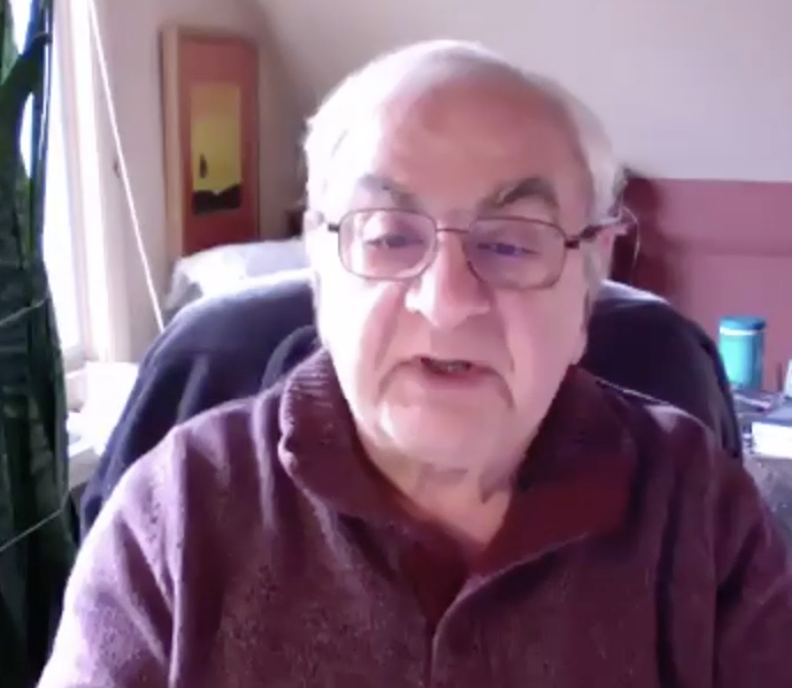 Prof. Gerard Jirair Libaridian, professor (emeritus) of history at the University of Michigan, former advisor to the first President of the Republic of Armenia on foreign and security policies. (photo)
Prof. Gerard Jirair Libaridian, professor (emeritus) of history at the University of Michigan, former advisor to the first President of the Republic of Armenia on foreign and security policies. (photo)
Dr. Philip Gamaghelyan, assistant professor at the Joan B. Kroc School of Peace Studies, University of San Diego.
Dr. Kamal Makili-Aliyev, senior lecturer at the Department of Global Political Studies, Malmö University, affiliated researcher at the Raoul Wallenberg Institute of Human Rights and Humanitarian Law.
Mr. Zaur Shiriyev, International Crisis Group’s Analyst for South Caucasus, former Academy Associate with the Russia and Eurasia Programme at Chatham House.
Modertor: Dr. Julie A. George, associate professor at the Graduate Center / Queen’s College, City University of New York.
Selected publications
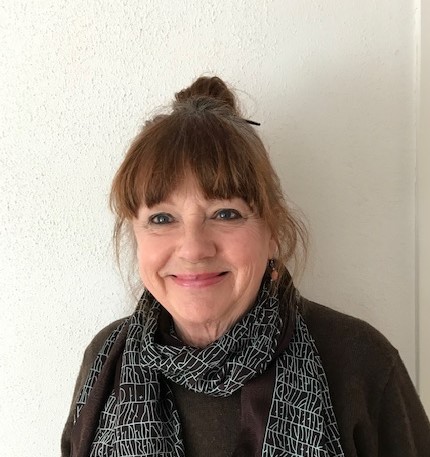 Magnusson, Märta-Lisa and Karina Vamling. (2023). Ryssland mot Turkiet i Nagorno-Karabach. Forskning & Framsteg. https://fof.se/artikel/ryssland-mot-turkiet-i-nagorno-karabach/
Magnusson, Märta-Lisa and Karina Vamling. (2023). Ryssland mot Turkiet i Nagorno-Karabach. Forskning & Framsteg. https://fof.se/artikel/ryssland-mot-turkiet-i-nagorno-karabach/
Magnusson, Märta-Lisa and Karina Vamling. (2023). Ryssland förlorar inflytande till förmån för Turkiet. Sydsvenskan (2022-02-24) (link)
Magnusson, Märta-Lisa (2010). “Why No Settlement in the Nagorno-Karabakh Conflict? – Which are the obstacles to a negotiated solution?” In: Vamling, K. (ed): Language, History and Cultural Identities in the Caucasus : papers from the conference, June 17-19 2005, Malmö University, 2010, pp. 114-143 (link)
Magnusson, Märta-Lisa:. (2008). “Nagorno-Karabakh – de facto stat på spring?” Fra nation til stat: Er Kosovo undtagelsen? Udenrigs, nr. 1, 2008 (link)
Magnusson, Märta-Lisa (2003). Karabakh- den besvärlige brik i de stores spil. I: Ib Faurby og Märta-Lisa Magnusson (Red): Korsvej og minefelt. Kultur og konflikt i Kaukasus. Århus: Systime Academic, sid. 166-213.
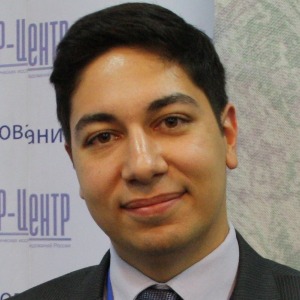 Makili-Aliyev, Kamal (2020). Contested Territories and International Law. A comparative study of the Nagorno-Karabakh conflict and the Aland Islands precedent. Abingdon, Oxon ; New York, NY : Routledge
Makili-Aliyev, Kamal (2020). Contested Territories and International Law. A comparative study of the Nagorno-Karabakh conflict and the Aland Islands precedent. Abingdon, Oxon ; New York, NY : Routledge
Makili-Aliyev, Kamal (2021). The Role of Azerbaijan in the Non-Aligned Movement Through the Lens of International Law and Security. In: The 60th Anniversary of the Non-Aligned Movement. :359-370; Institute of International Politics and Economics (link)
Theisen, Søren (2021). A little trip down memory lane. REjser i Armenien kring tiden omkring Sovjetunionens opløsning I: Magnusson, ML & K. Vamling (eds.) Vi såg sammanbrottet. Svenska och danska forskares berättelser från Kaukasus under Sovjetväldets sista år. Caucasus Studies 8. 95-108. https://ojs.mau.se/index.php/caucasus/issue/view/117/27
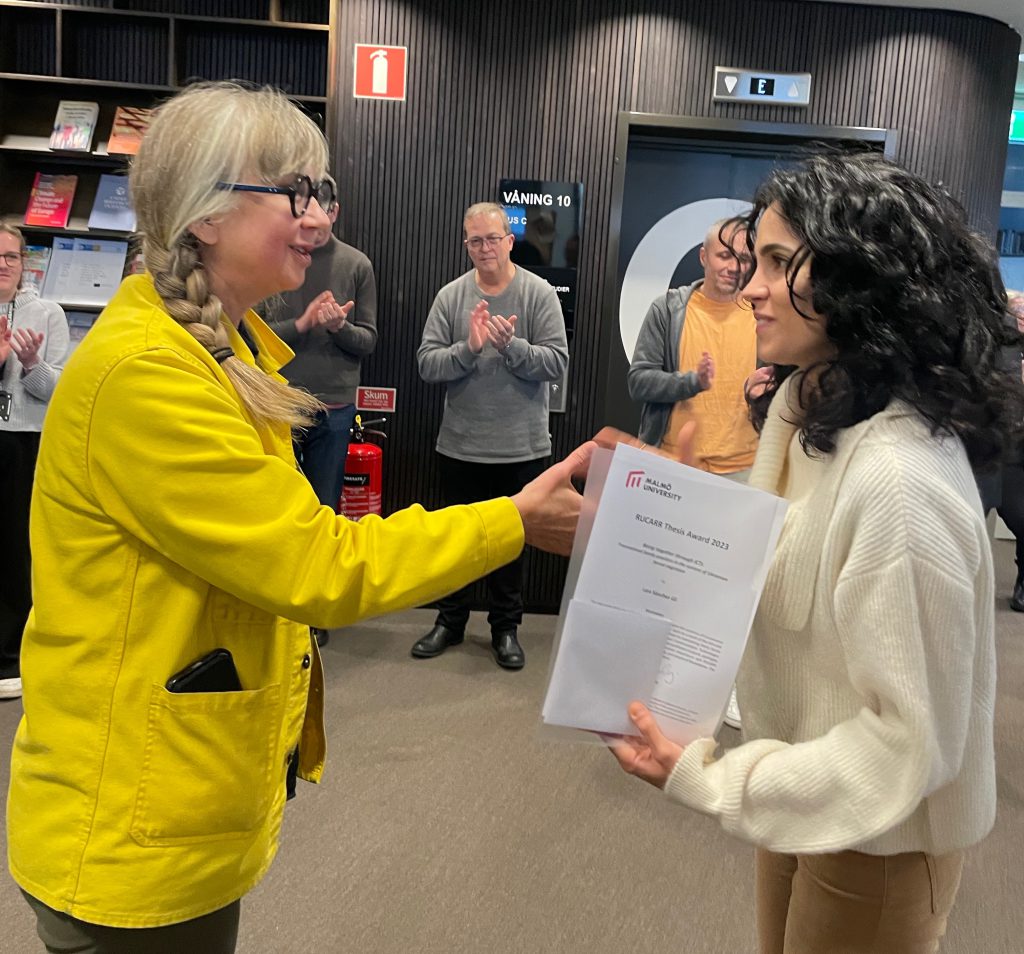
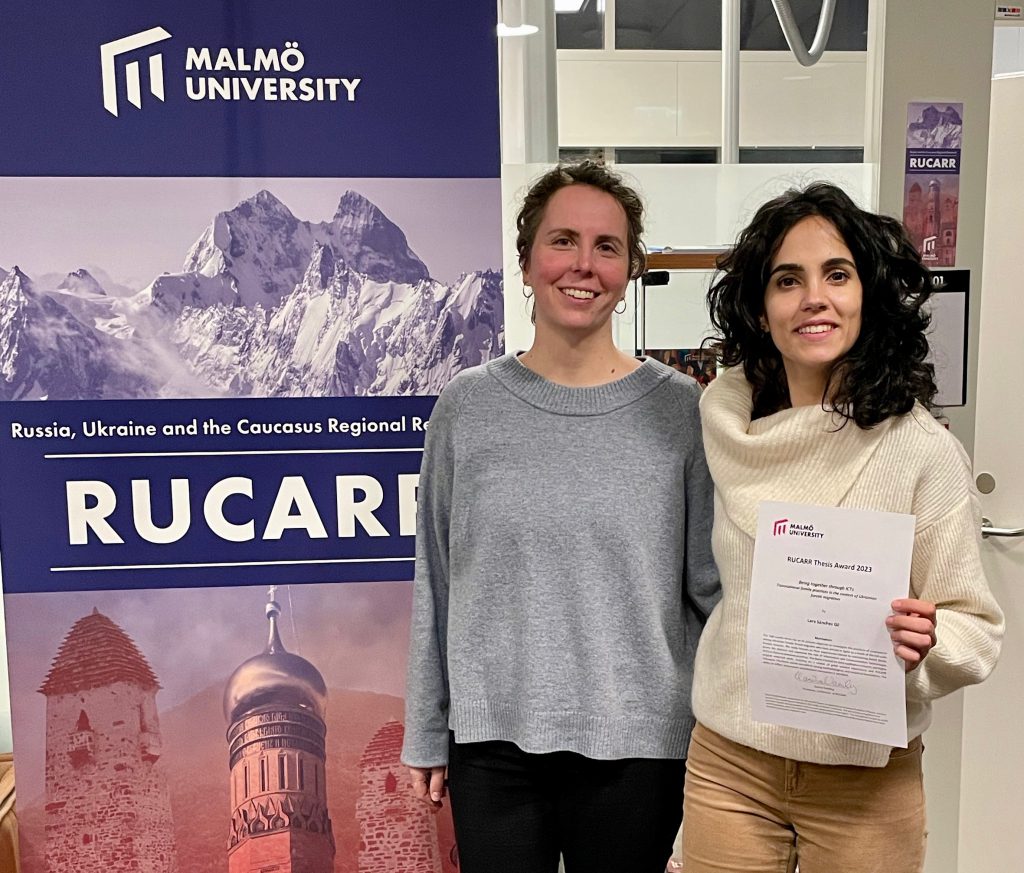
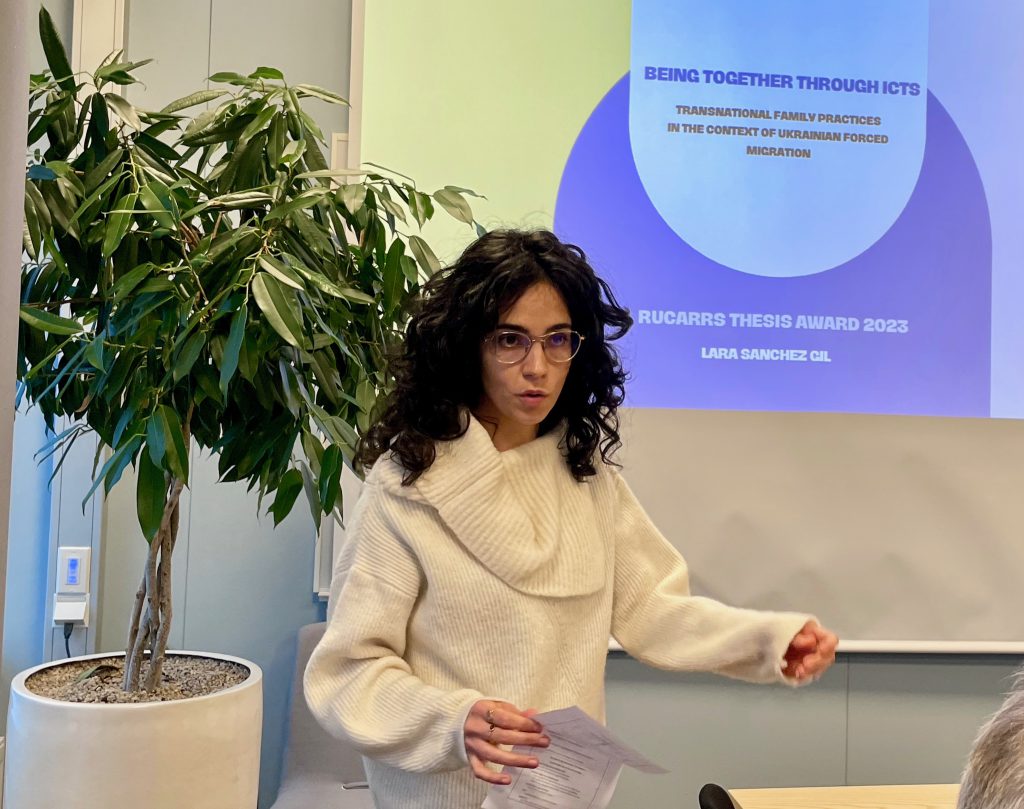
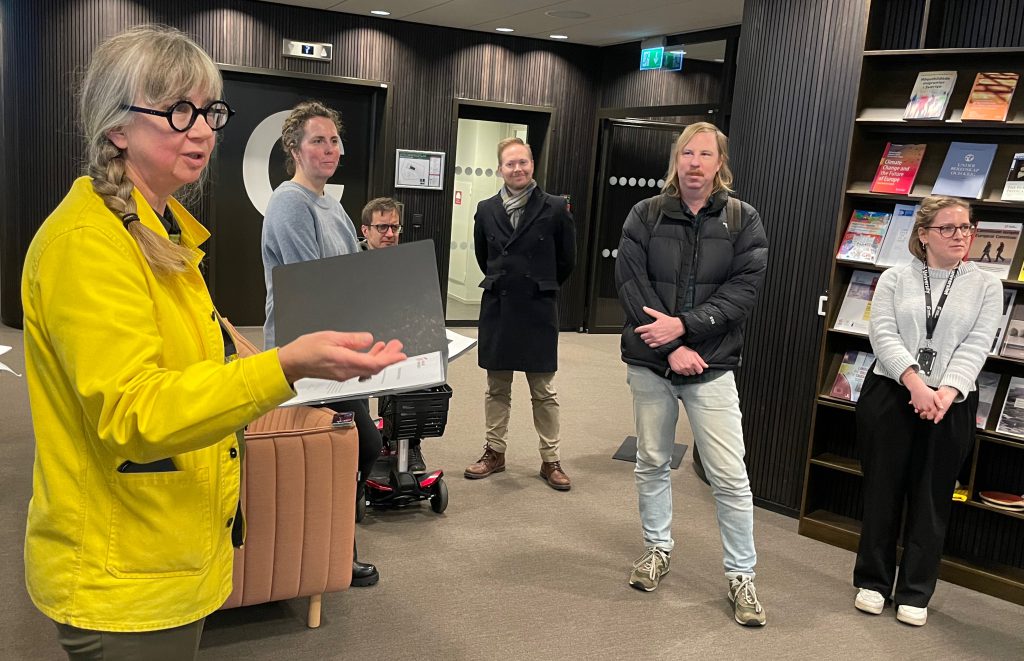



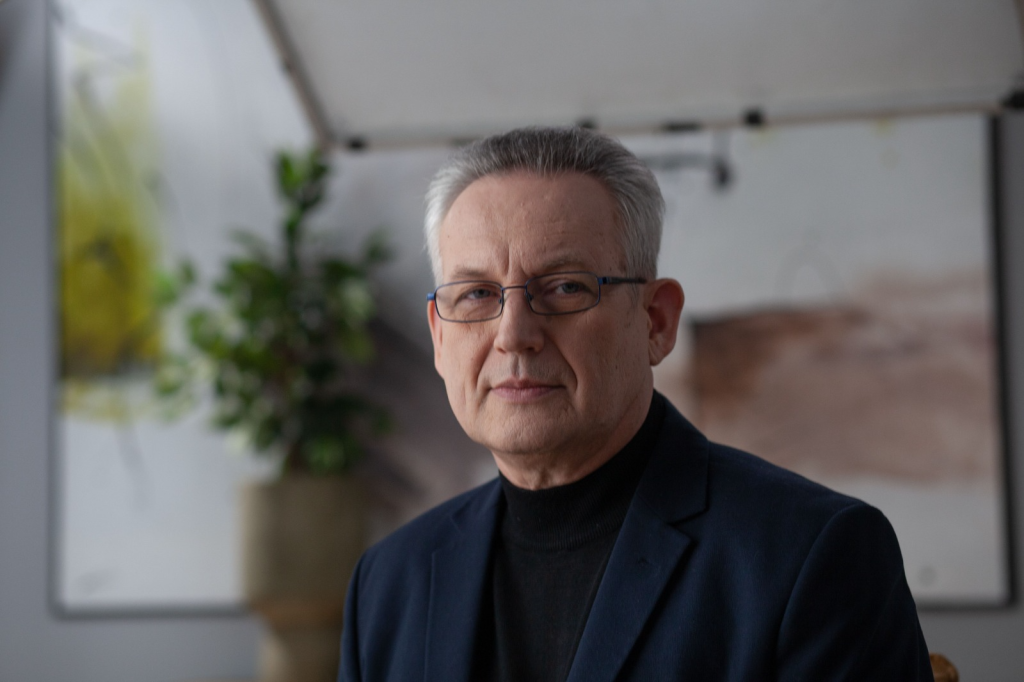 Prof. Oleg Mazuryk will be speaking on the topic of ‘Civic Engagement in the Context of the Russian War in Ukraine: Practice and Research,’ focused of his ongoing research on the phenomenon of self-organization and social cohesion within Ukrainian society. His study is done in cooperation with the Ukrainian Evaluation Association. From the full-scale invasion in Feb 2024, there was an epicenter of social activities and hostilities in the Kyiv region, near the now globally renowned town of Bucha. The intention behind this initiative is to document the first-hand experience of Ukrainian resistance to Russian aggression, aiming at making this valuable information accessible for academic and professional scrutiny. The findings of the research into the self-organization and unification of Ukrainians are derived from a comprehensive analysis of 142 in-depth interviews. It is important to note that this is a work in progress, with further insights and data yet to be gathered and analyzed. This presentation will delve into the role that civic engagement played at the onset of the full-scale invasion and how it can contribute to the further development of a sustainable and democratic society in the post-war period.
Prof. Oleg Mazuryk will be speaking on the topic of ‘Civic Engagement in the Context of the Russian War in Ukraine: Practice and Research,’ focused of his ongoing research on the phenomenon of self-organization and social cohesion within Ukrainian society. His study is done in cooperation with the Ukrainian Evaluation Association. From the full-scale invasion in Feb 2024, there was an epicenter of social activities and hostilities in the Kyiv region, near the now globally renowned town of Bucha. The intention behind this initiative is to document the first-hand experience of Ukrainian resistance to Russian aggression, aiming at making this valuable information accessible for academic and professional scrutiny. The findings of the research into the self-organization and unification of Ukrainians are derived from a comprehensive analysis of 142 in-depth interviews. It is important to note that this is a work in progress, with further insights and data yet to be gathered and analyzed. This presentation will delve into the role that civic engagement played at the onset of the full-scale invasion and how it can contribute to the further development of a sustainable and democratic society in the post-war period.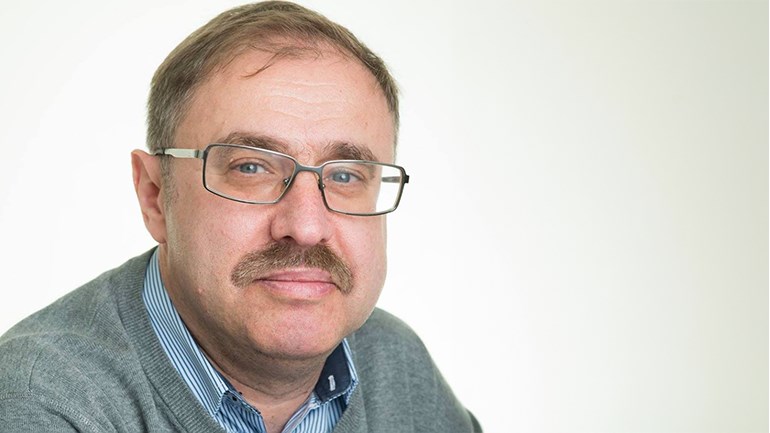 You are welcome to attend a lecture by Vladimir Gelman, professor at Aleksanteriinstitutet, University of Helsiniki, and new member of RUCARR’s Advisory Board. He will talk about ‘Why Russia Fails: Origins of the Ukrainian Catastrophe’, which also is the subjet of his coming book. The event is a collaboration with Global Europe & International Cooperation (GEIC).
You are welcome to attend a lecture by Vladimir Gelman, professor at Aleksanteriinstitutet, University of Helsiniki, and new member of RUCARR’s Advisory Board. He will talk about ‘Why Russia Fails: Origins of the Ukrainian Catastrophe’, which also is the subjet of his coming book. The event is a collaboration with Global Europe & International Cooperation (GEIC).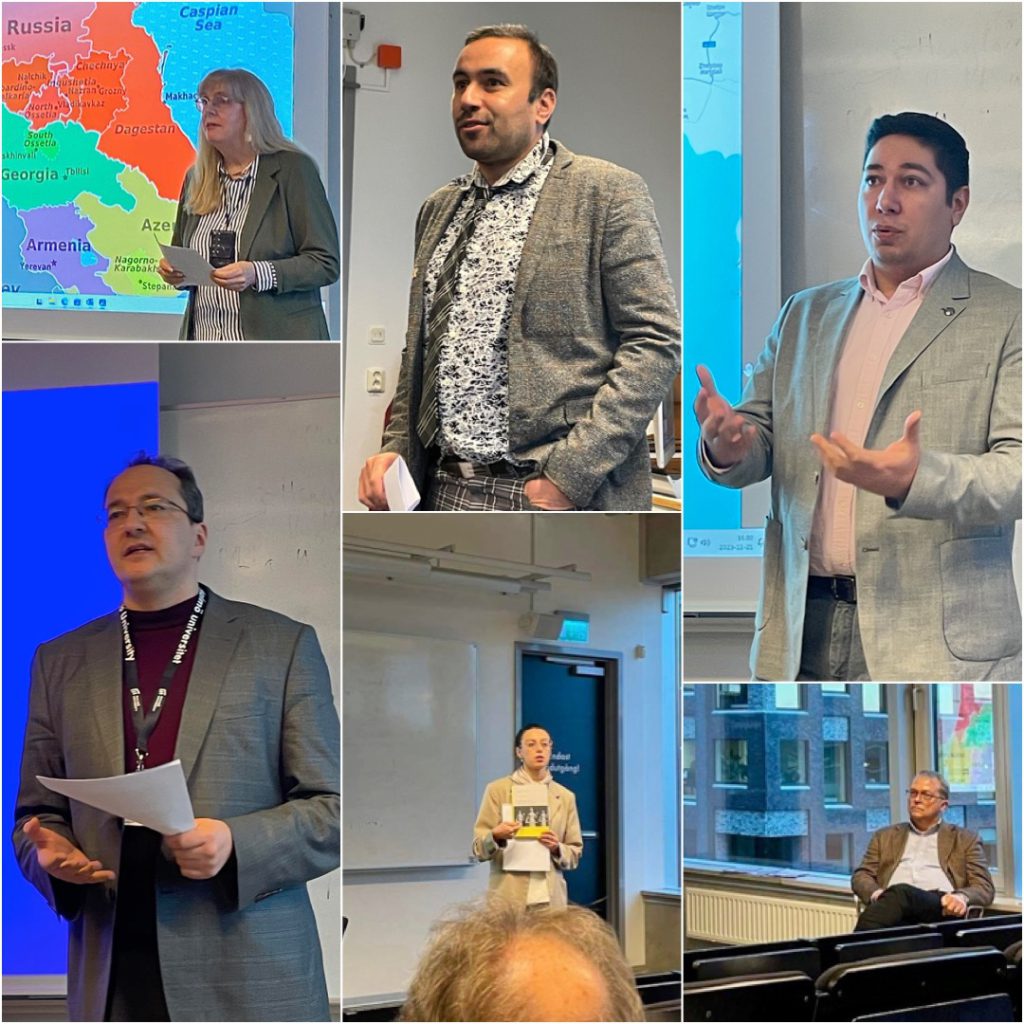
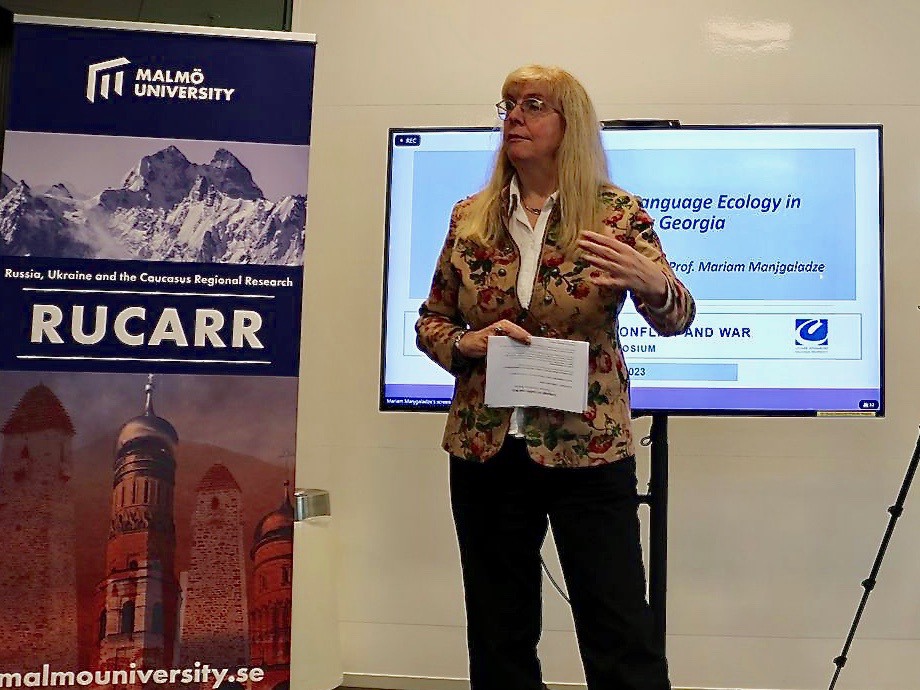
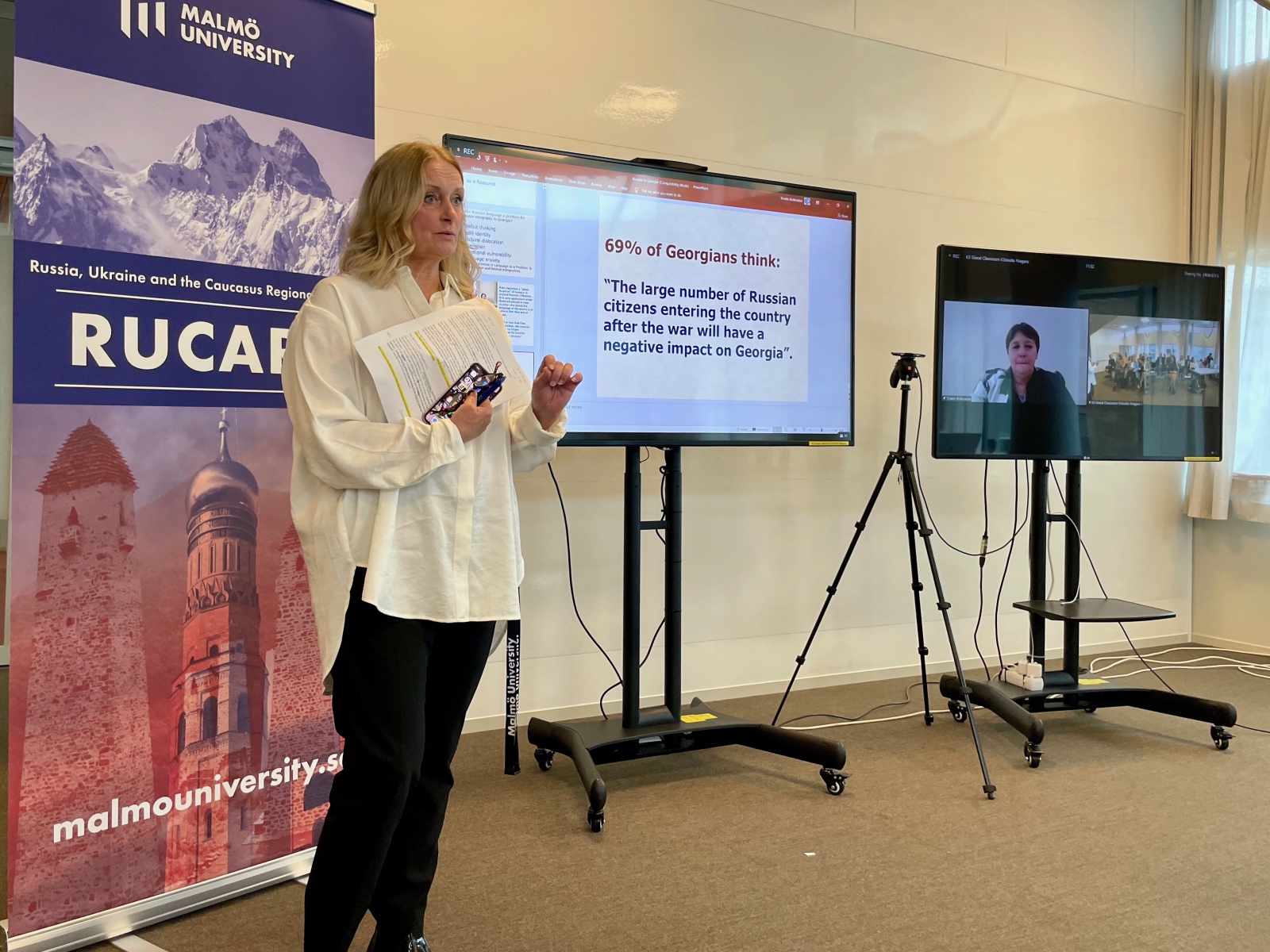

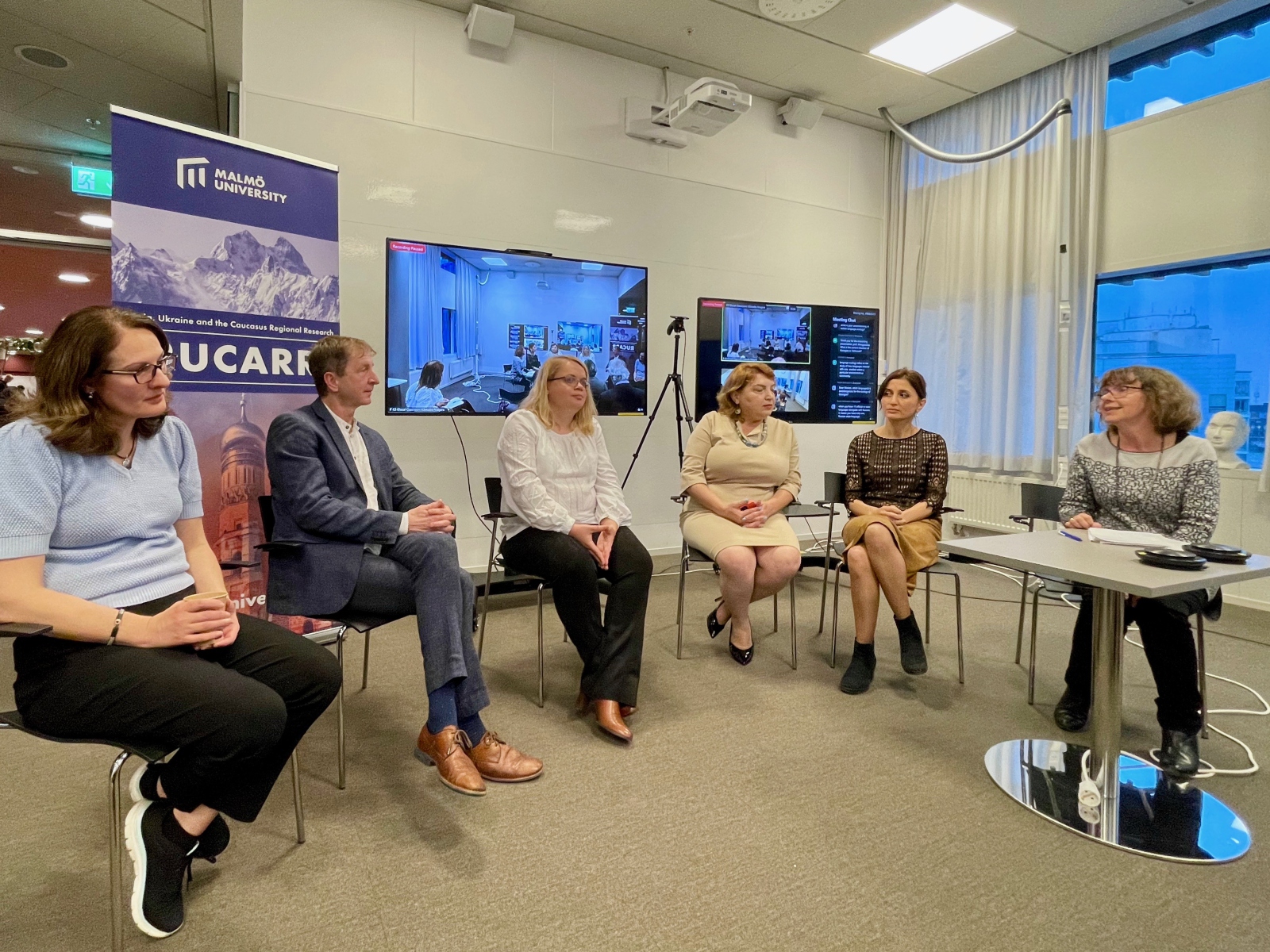
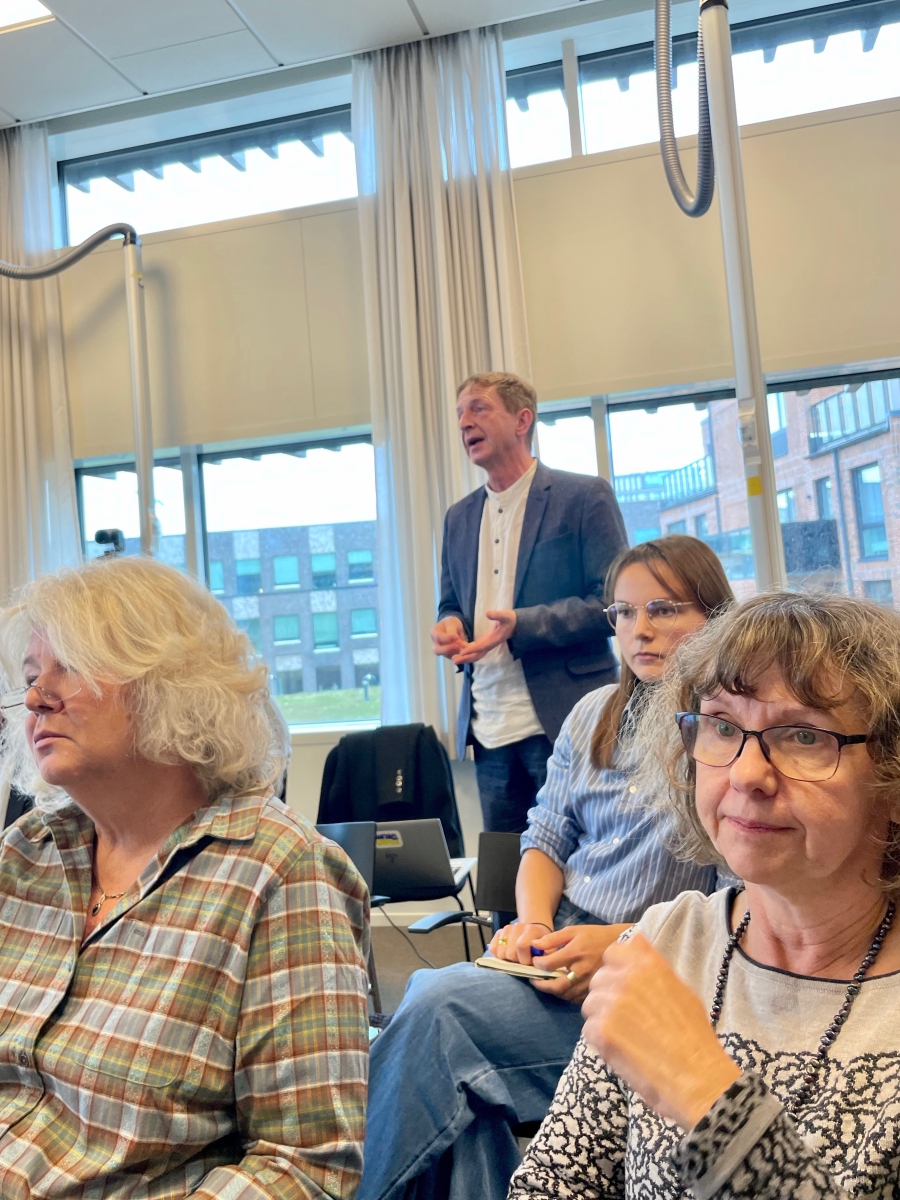
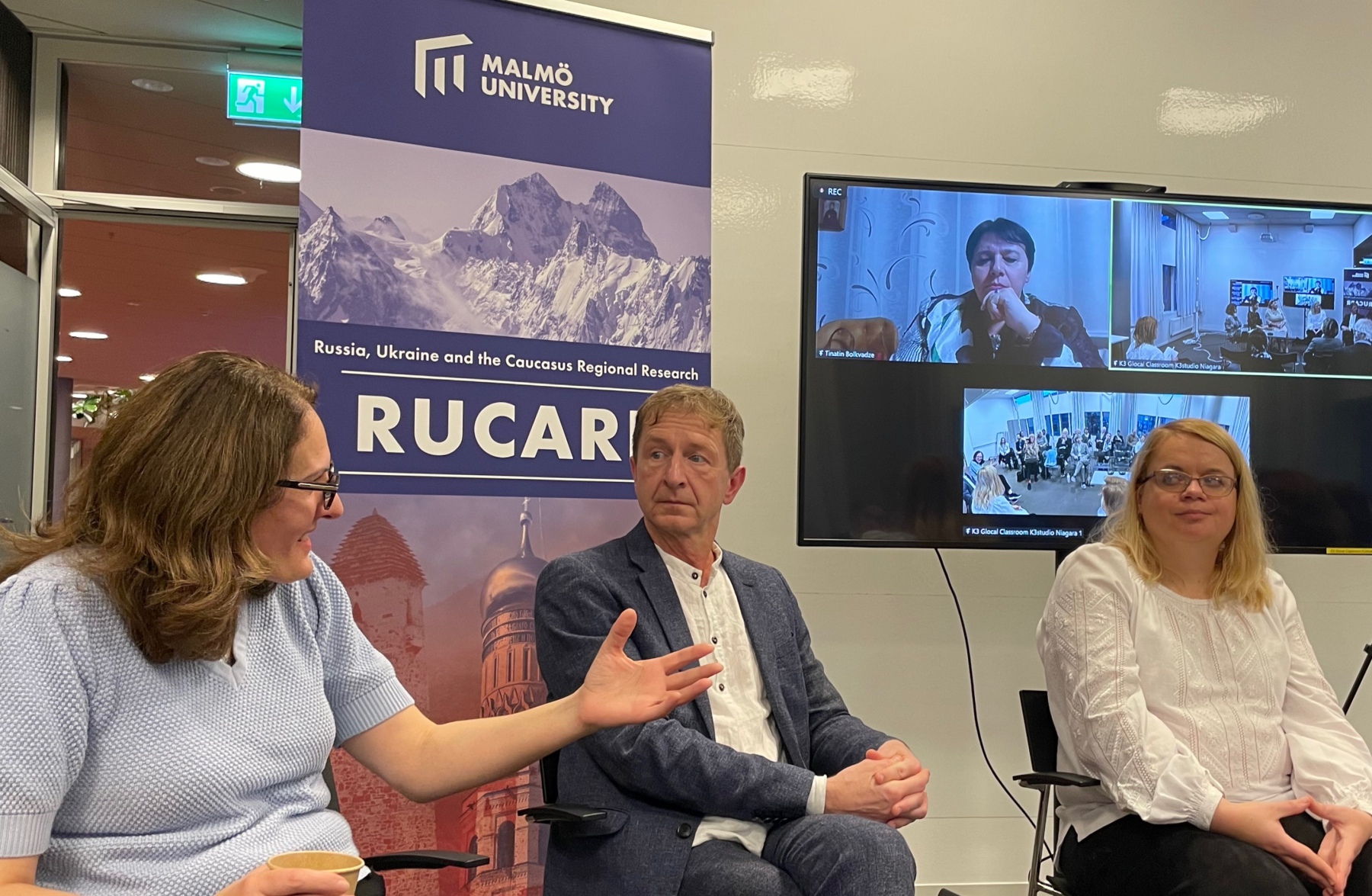

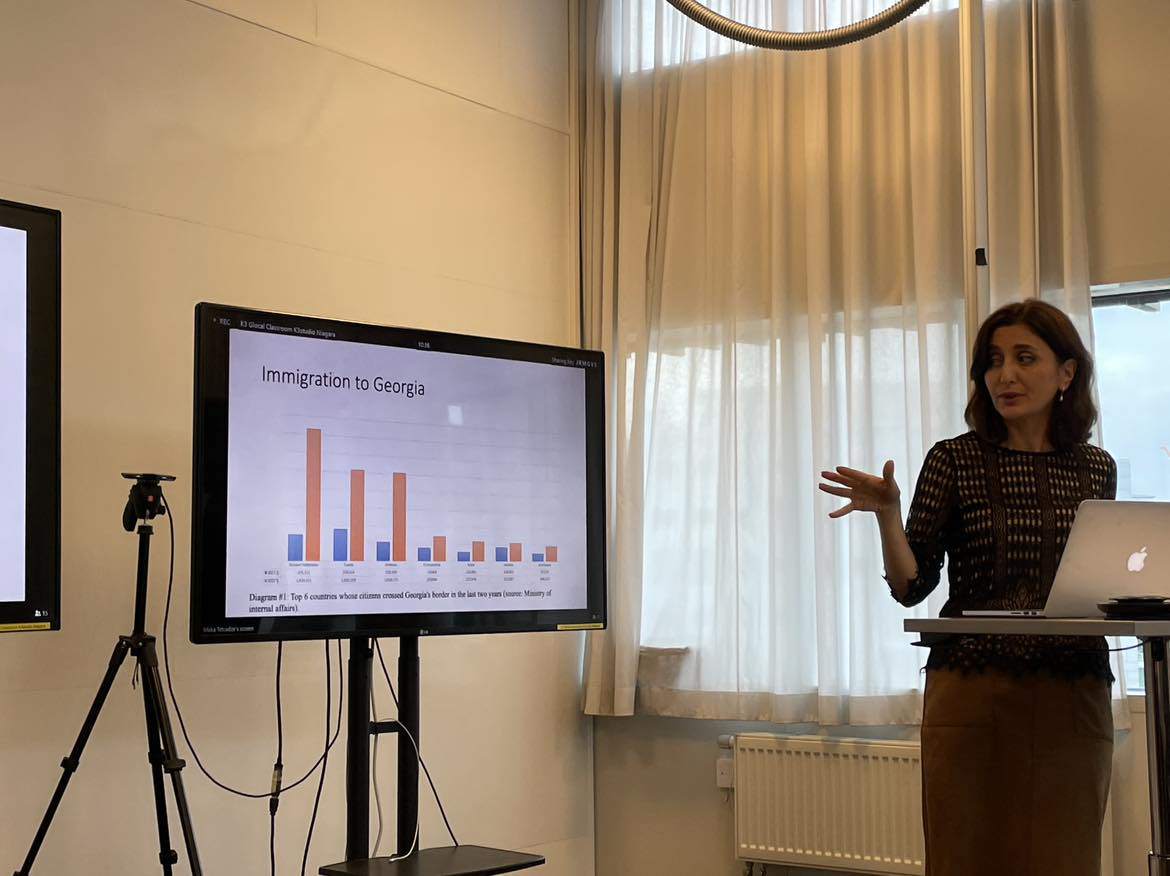

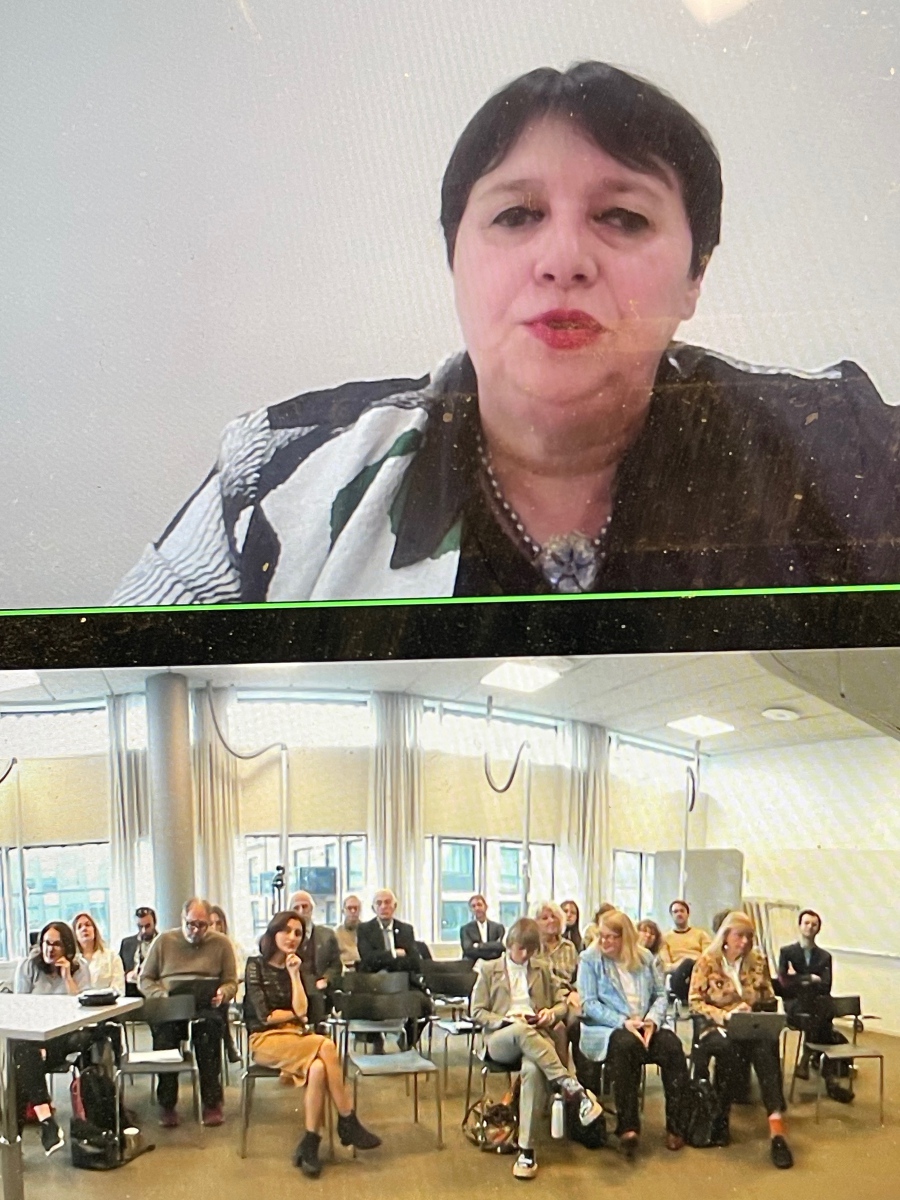
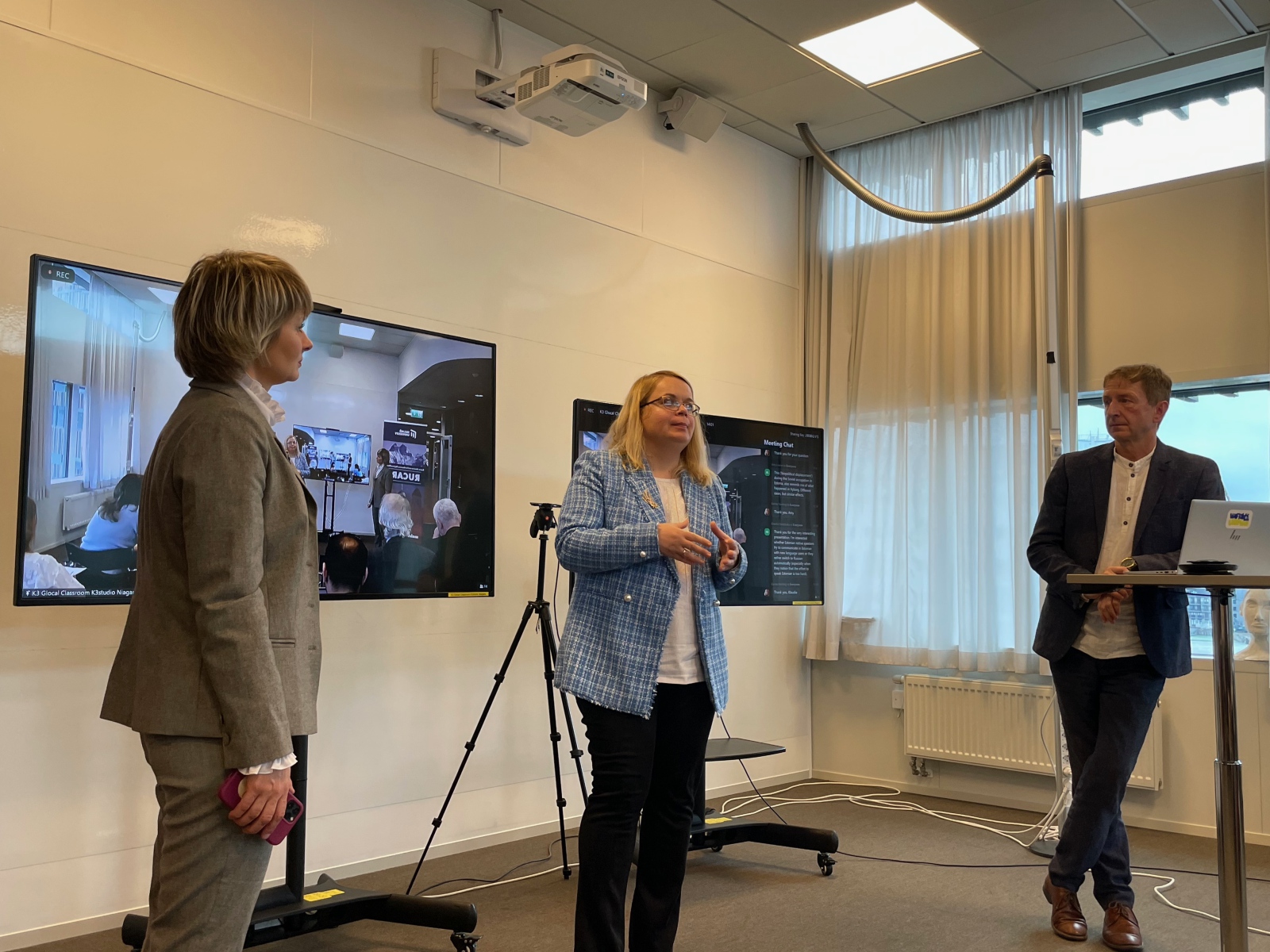
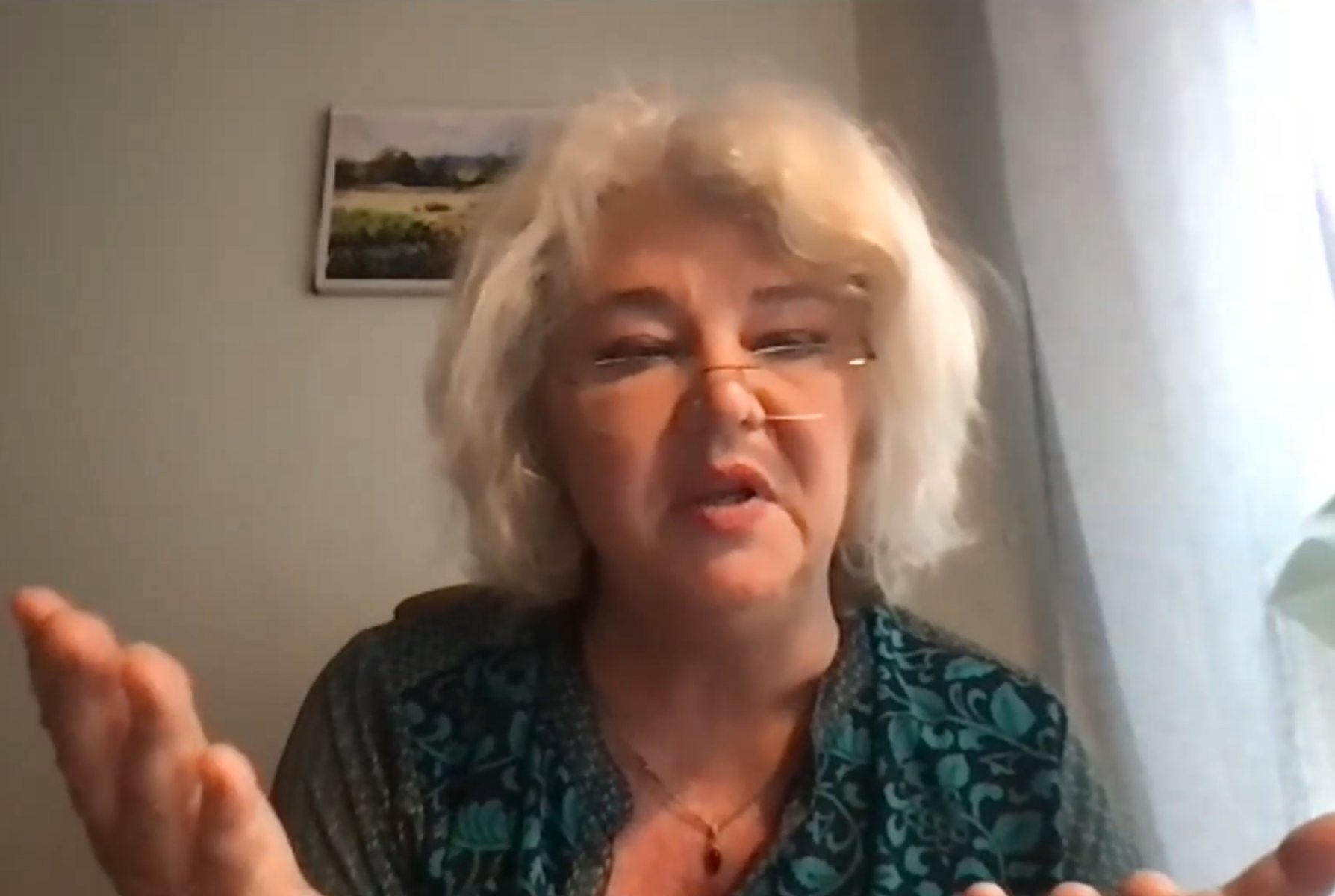
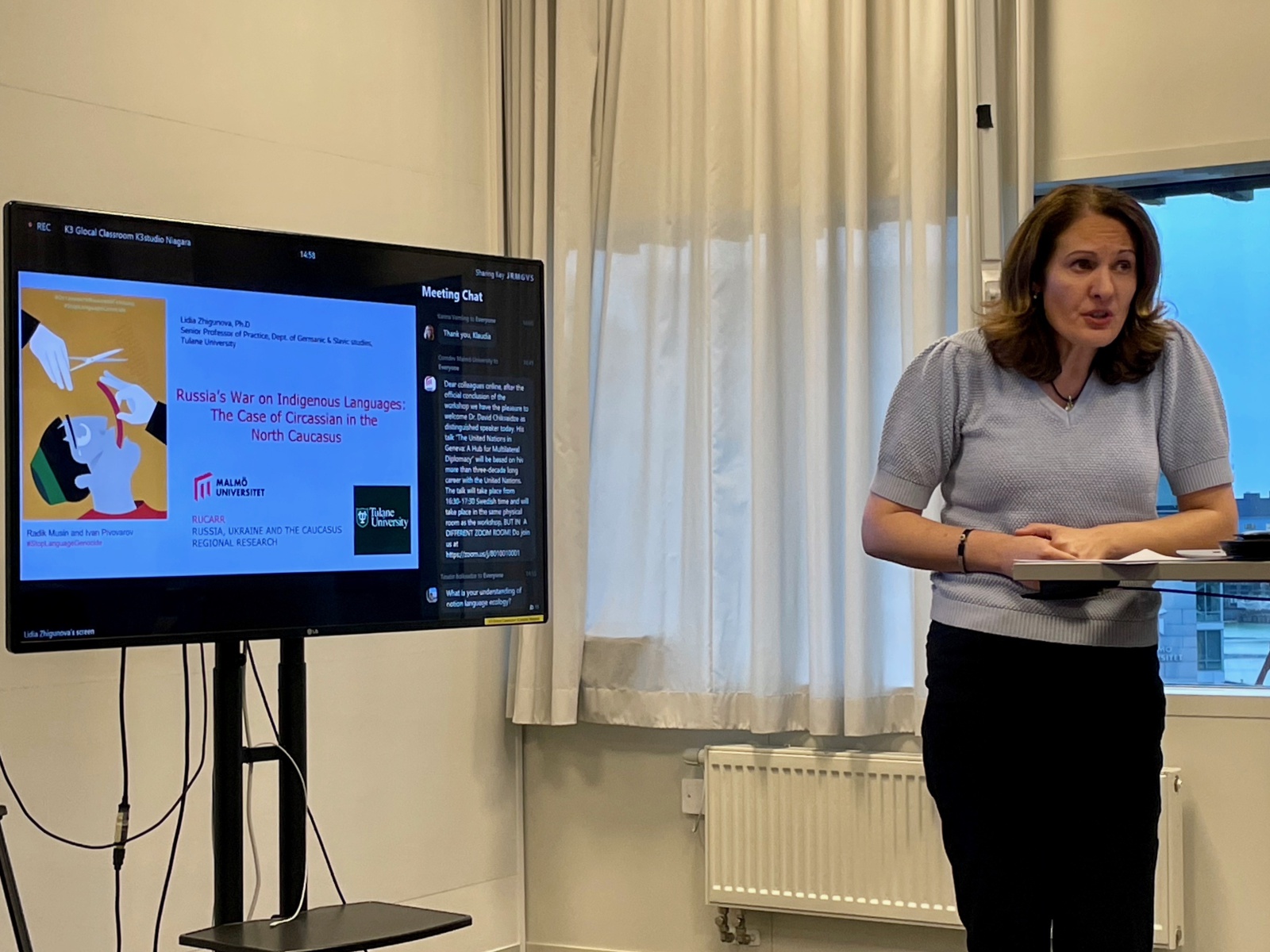

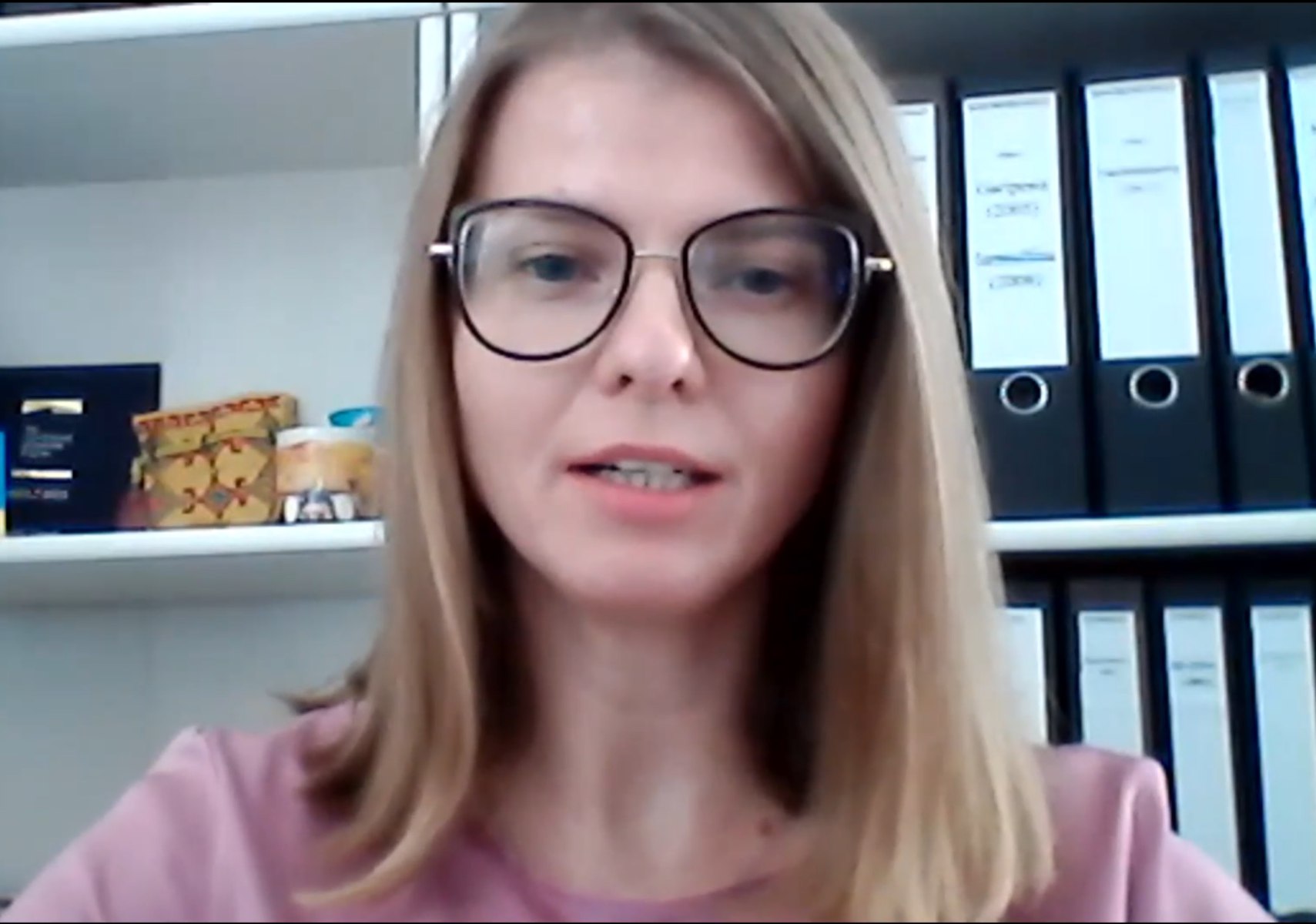

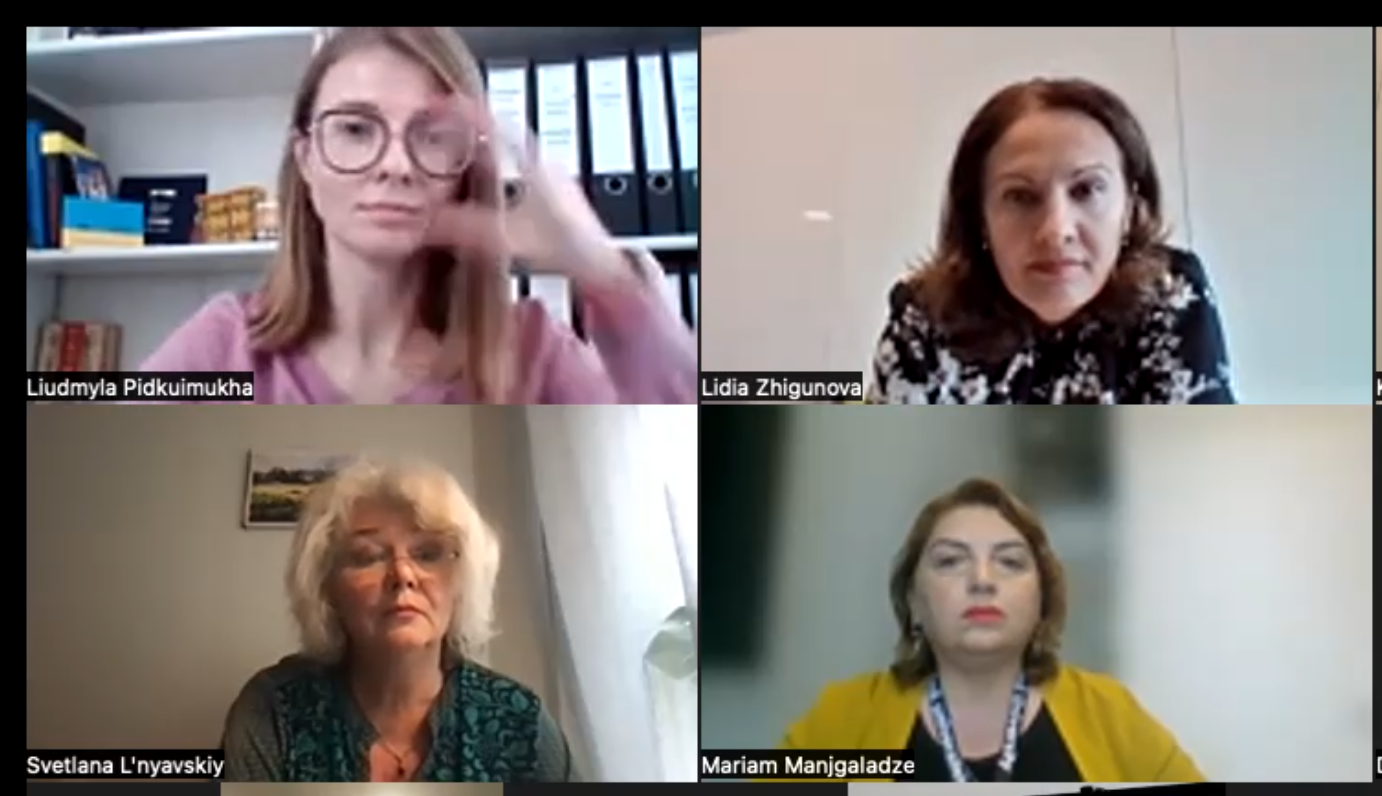
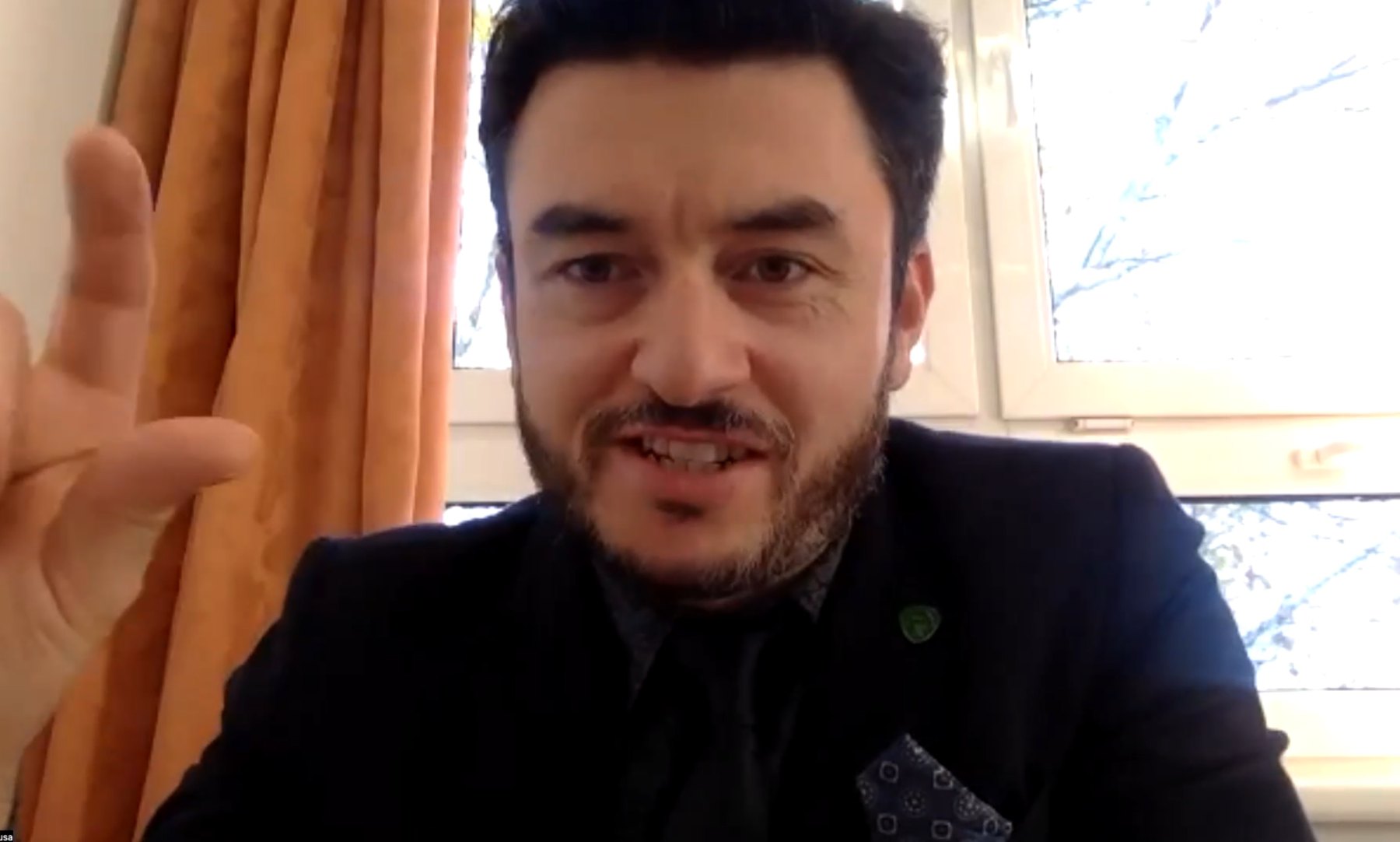
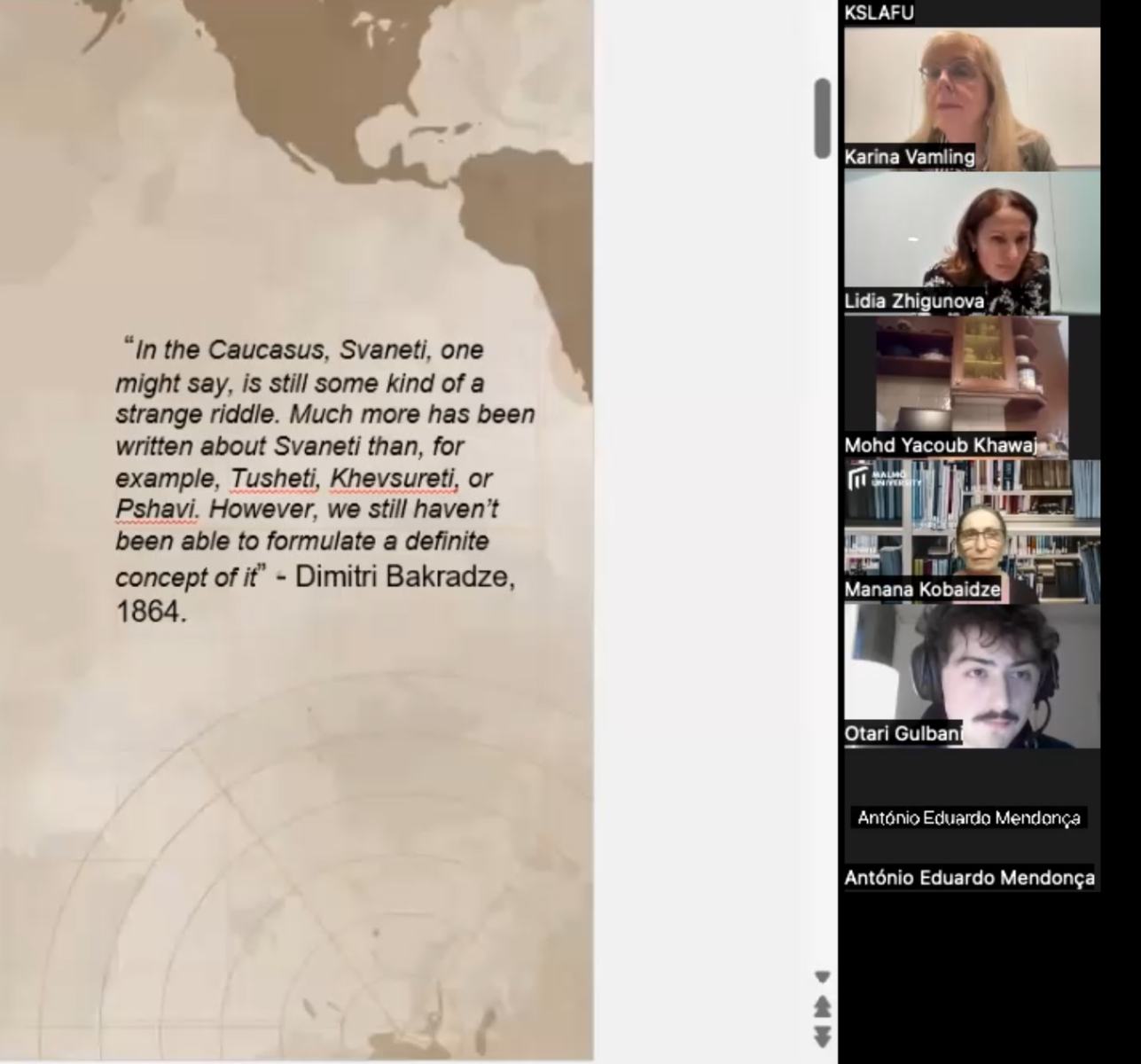
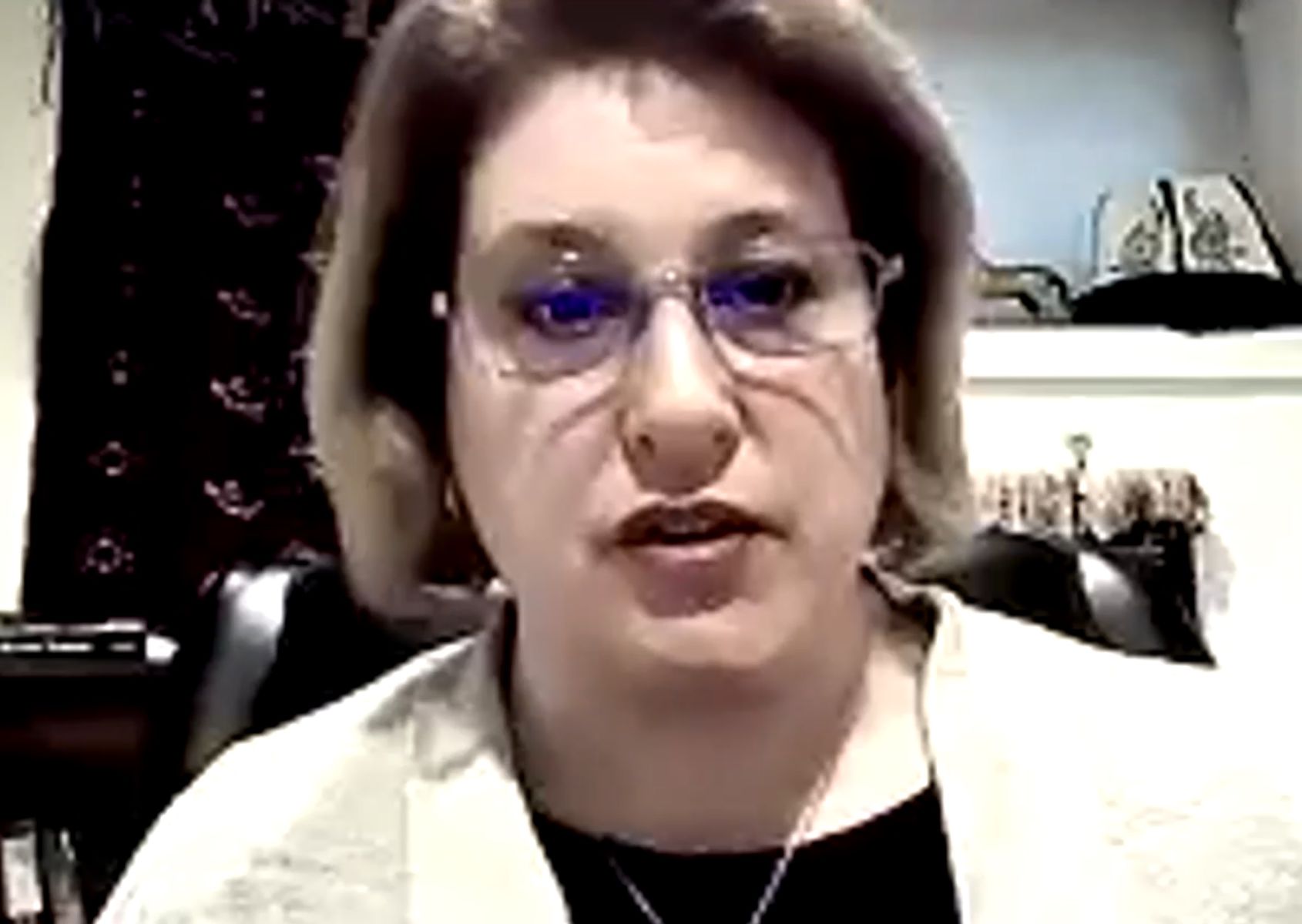
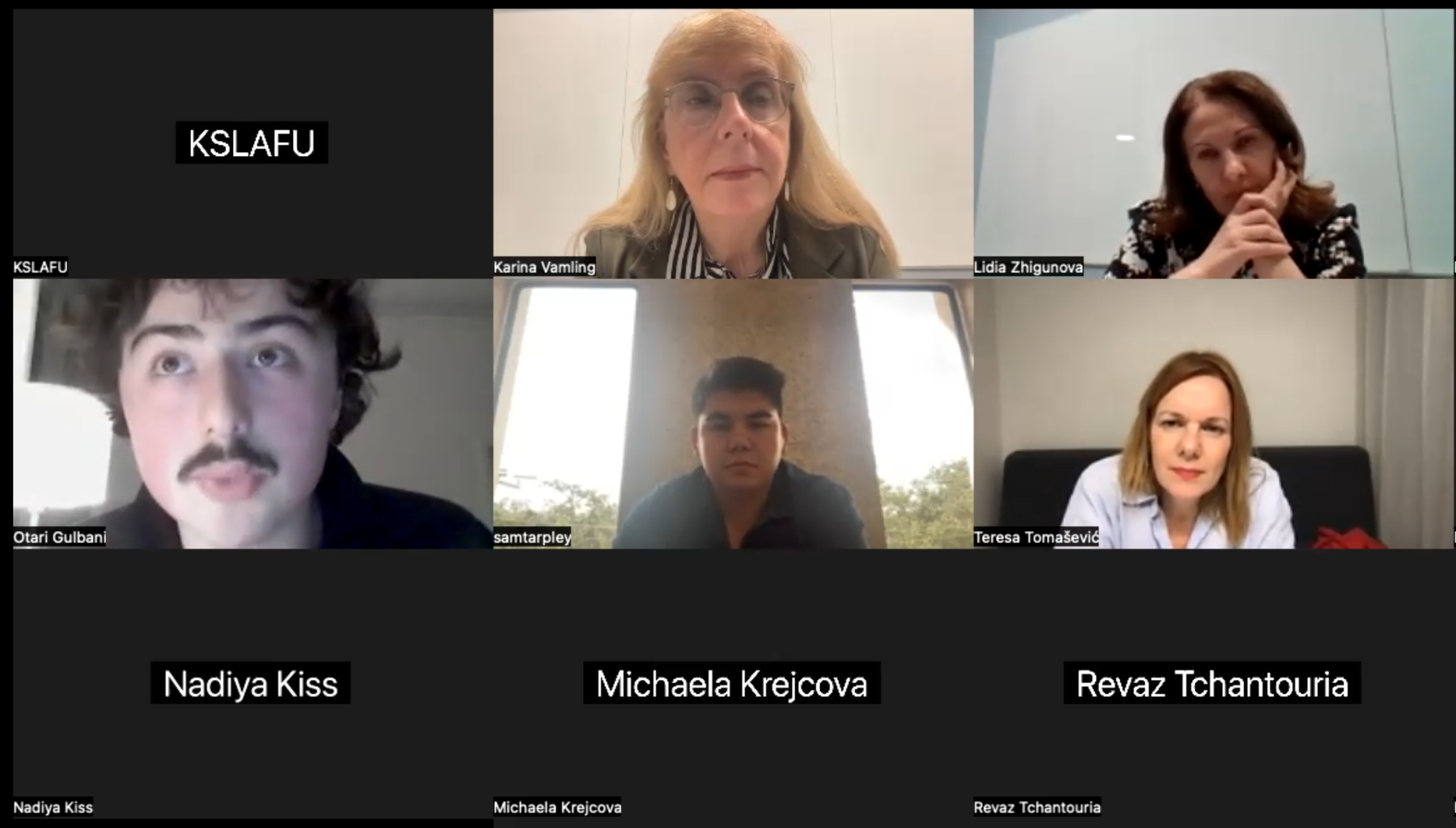
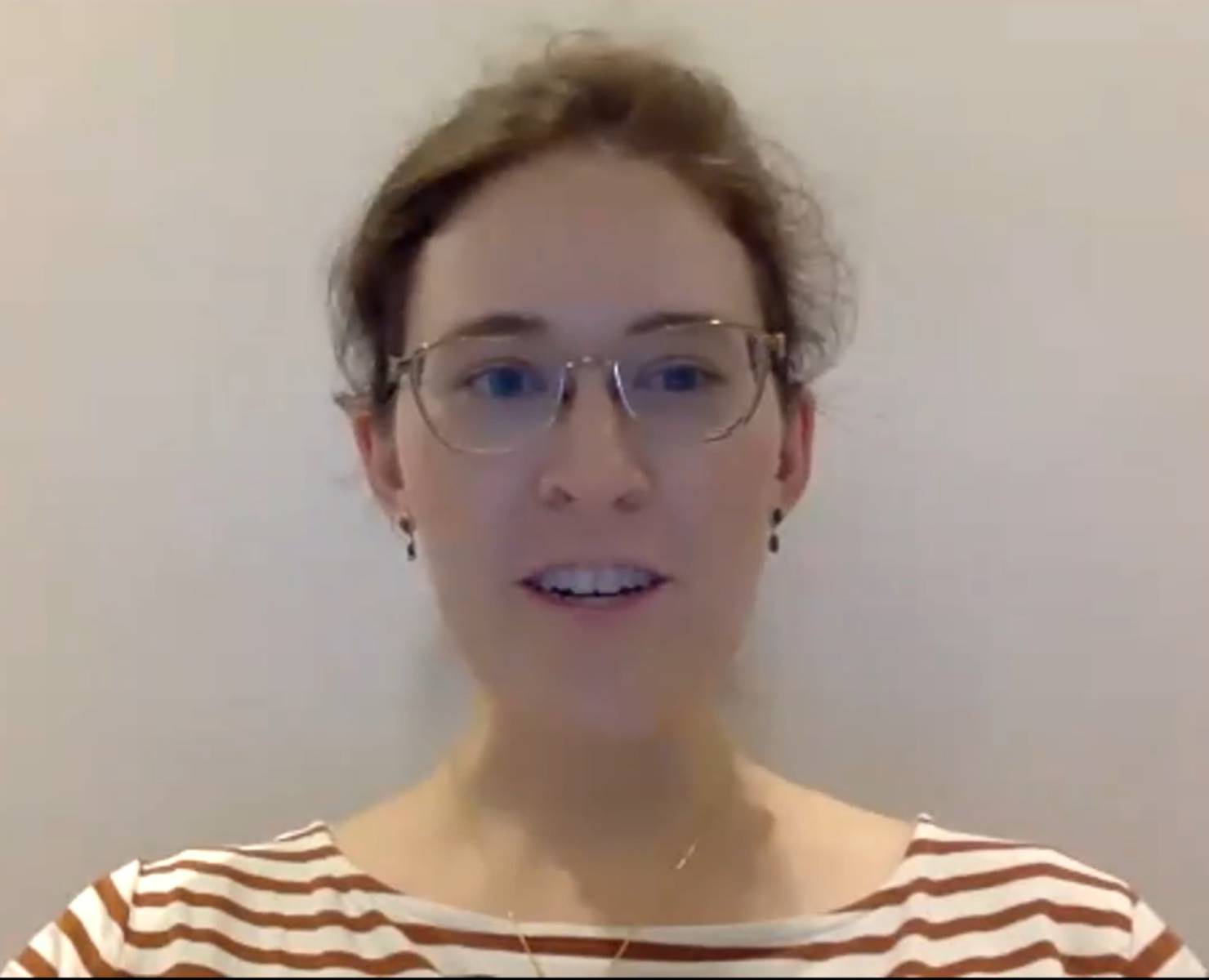
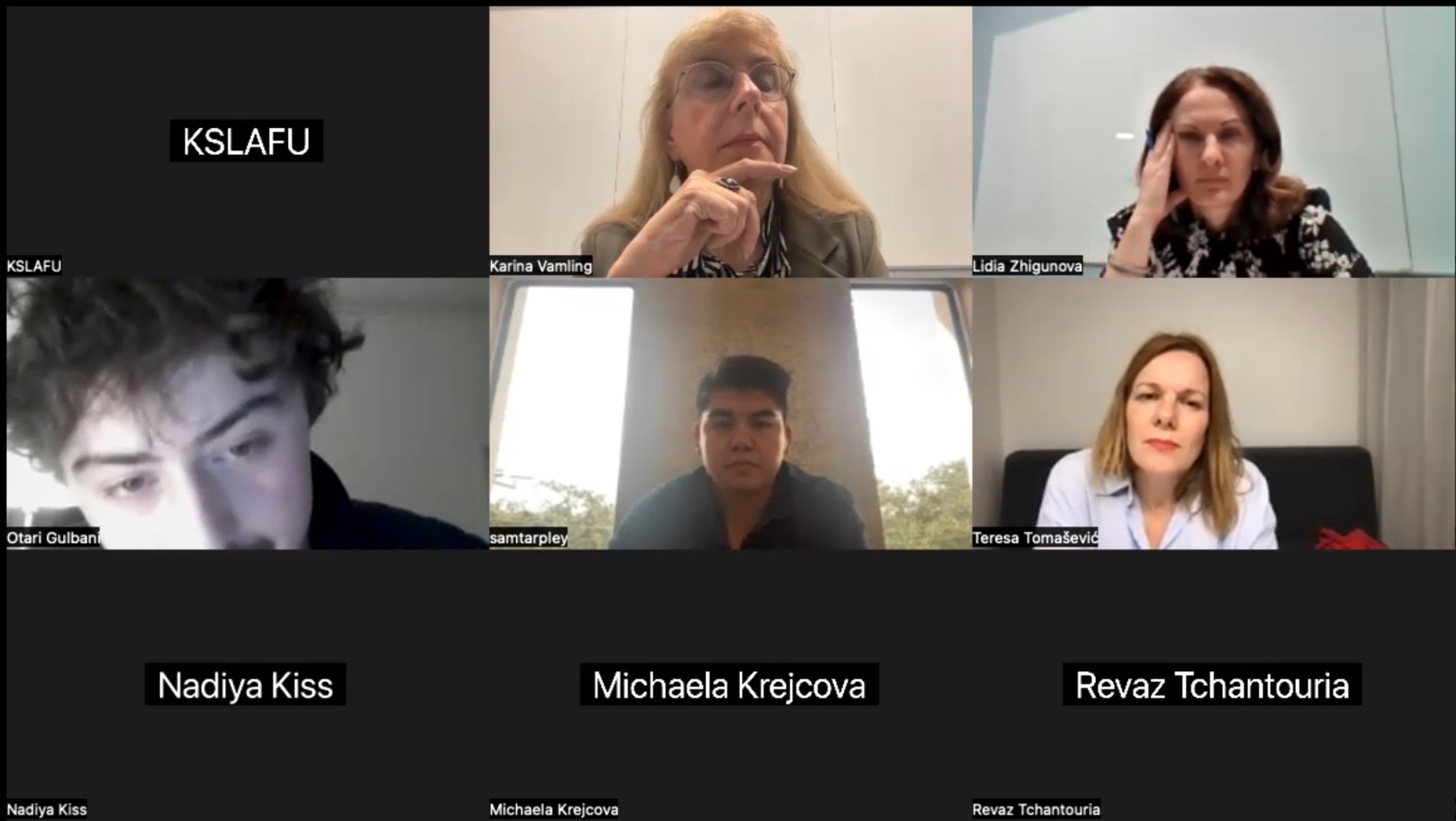

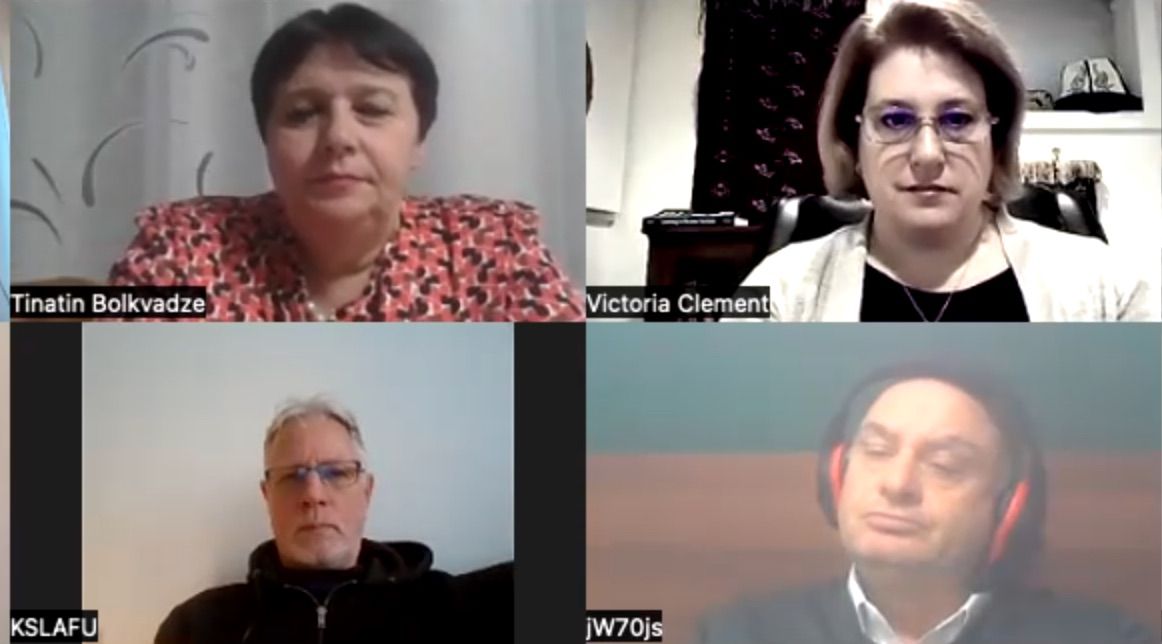
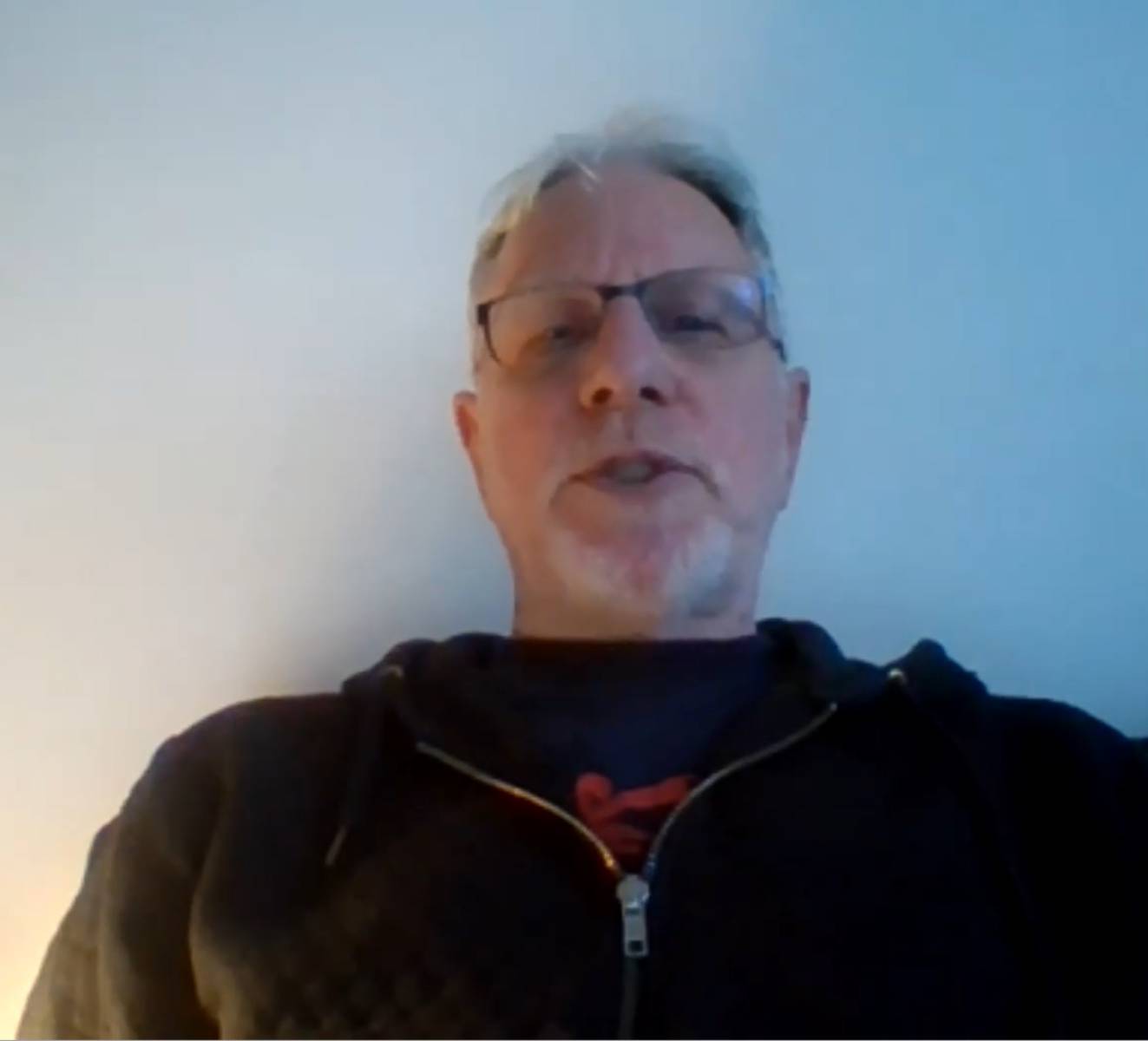
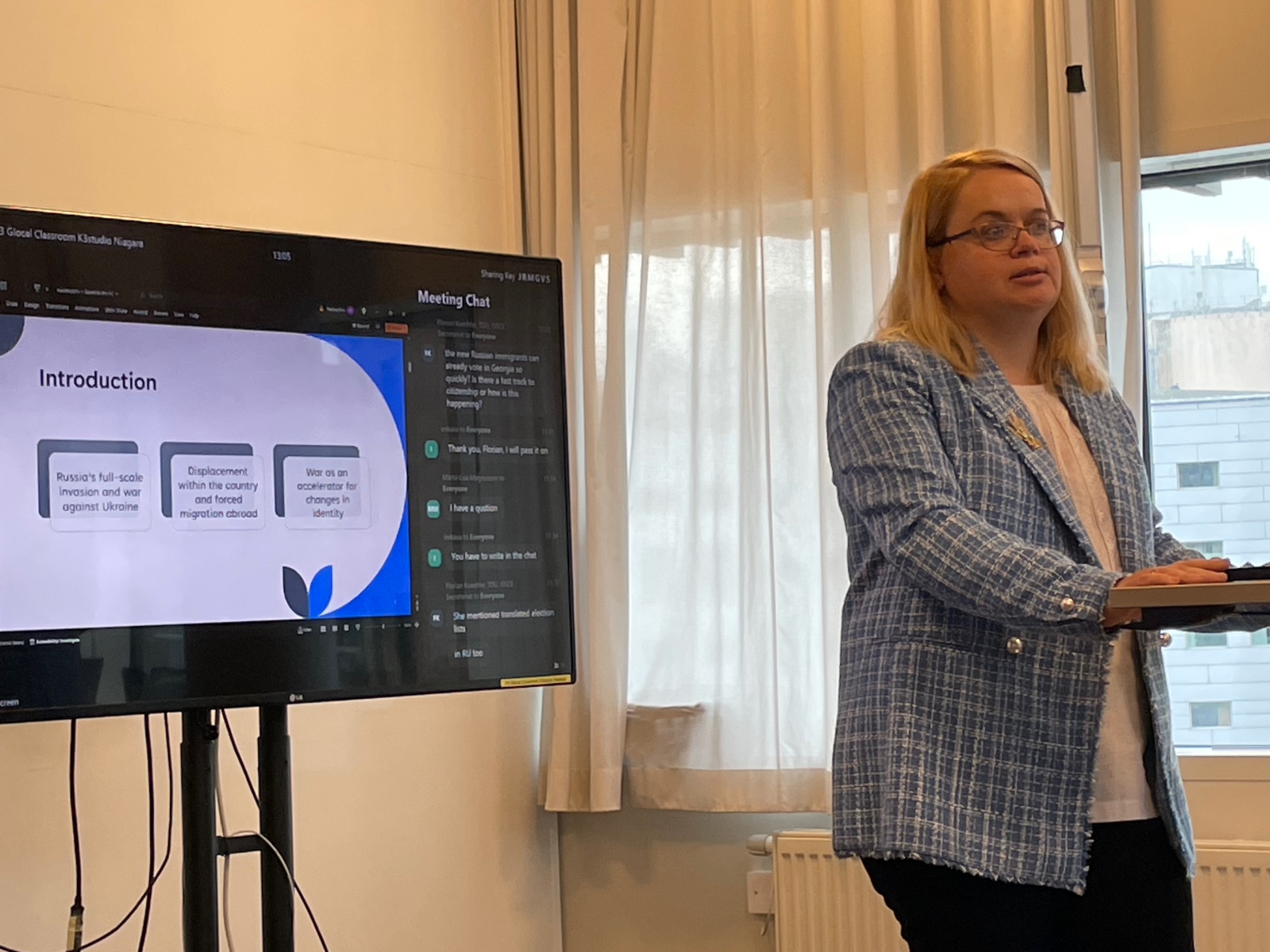
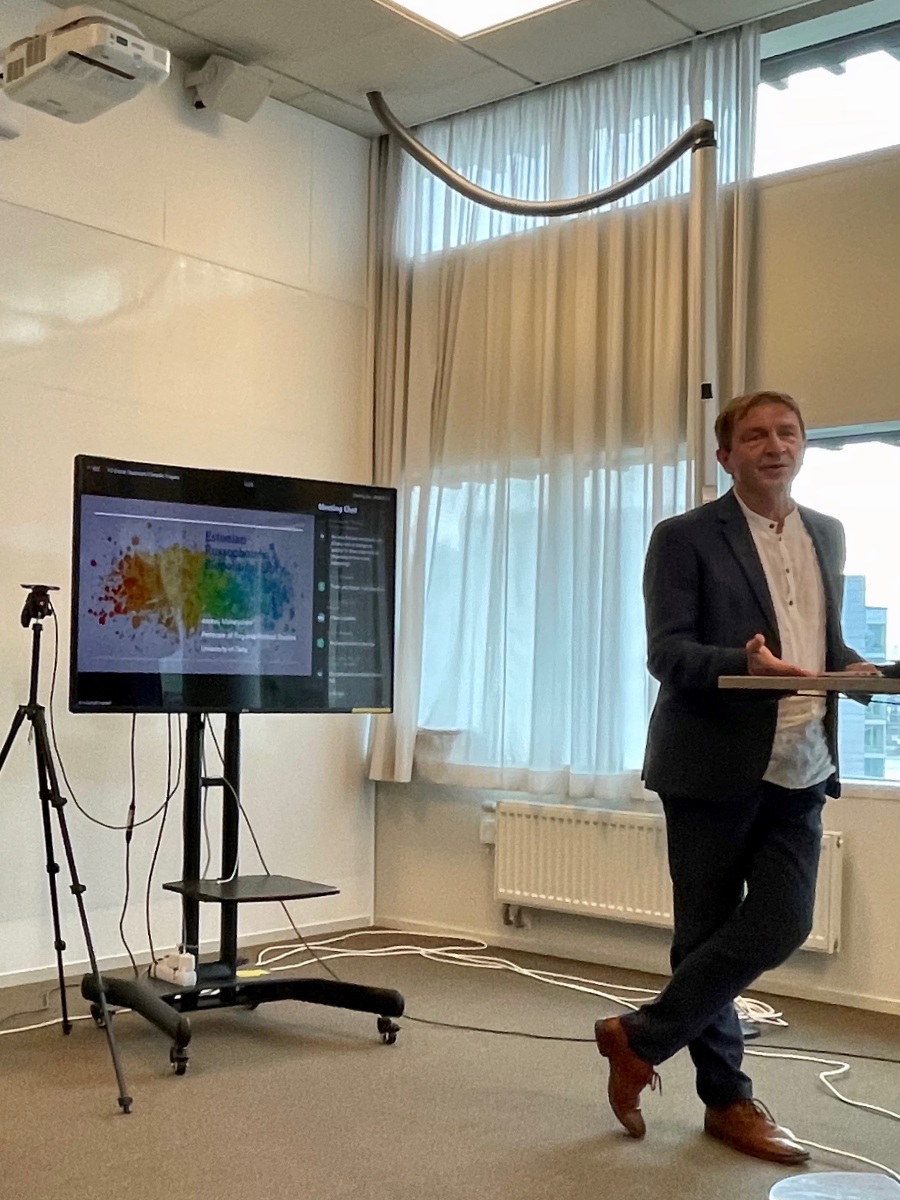

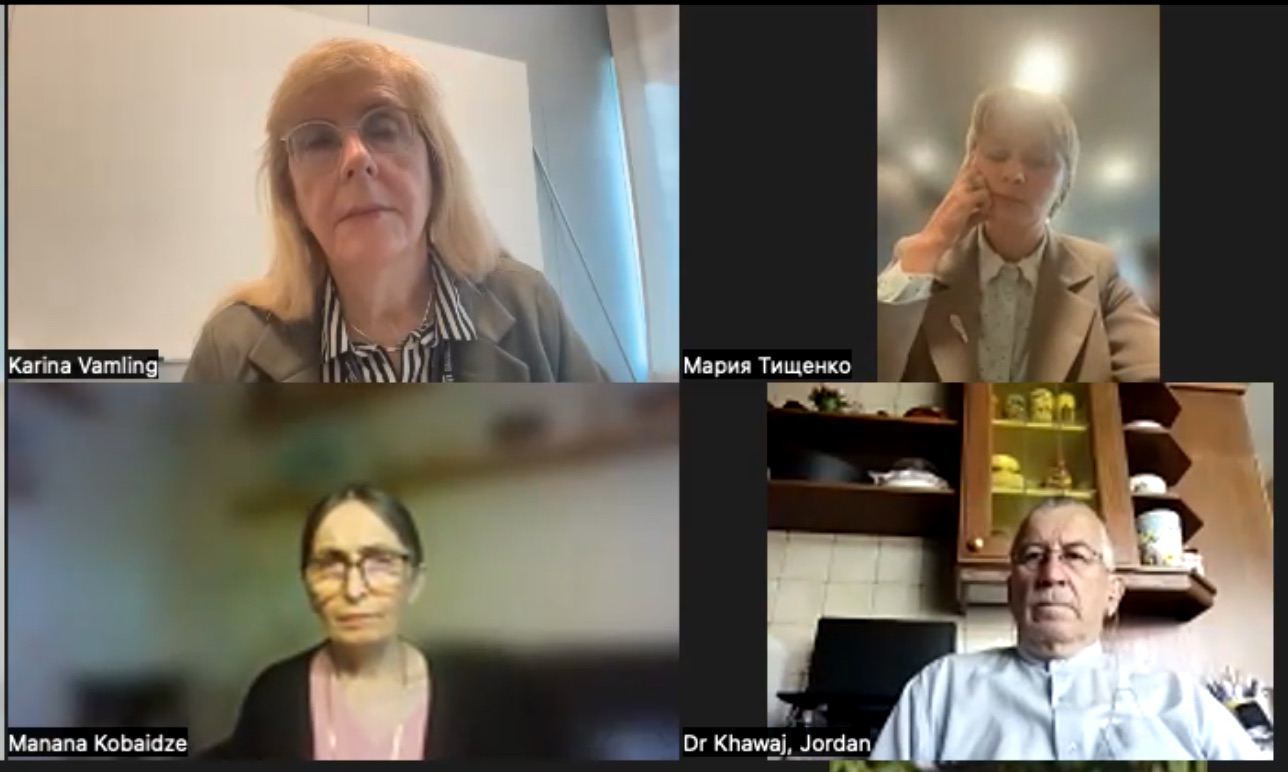

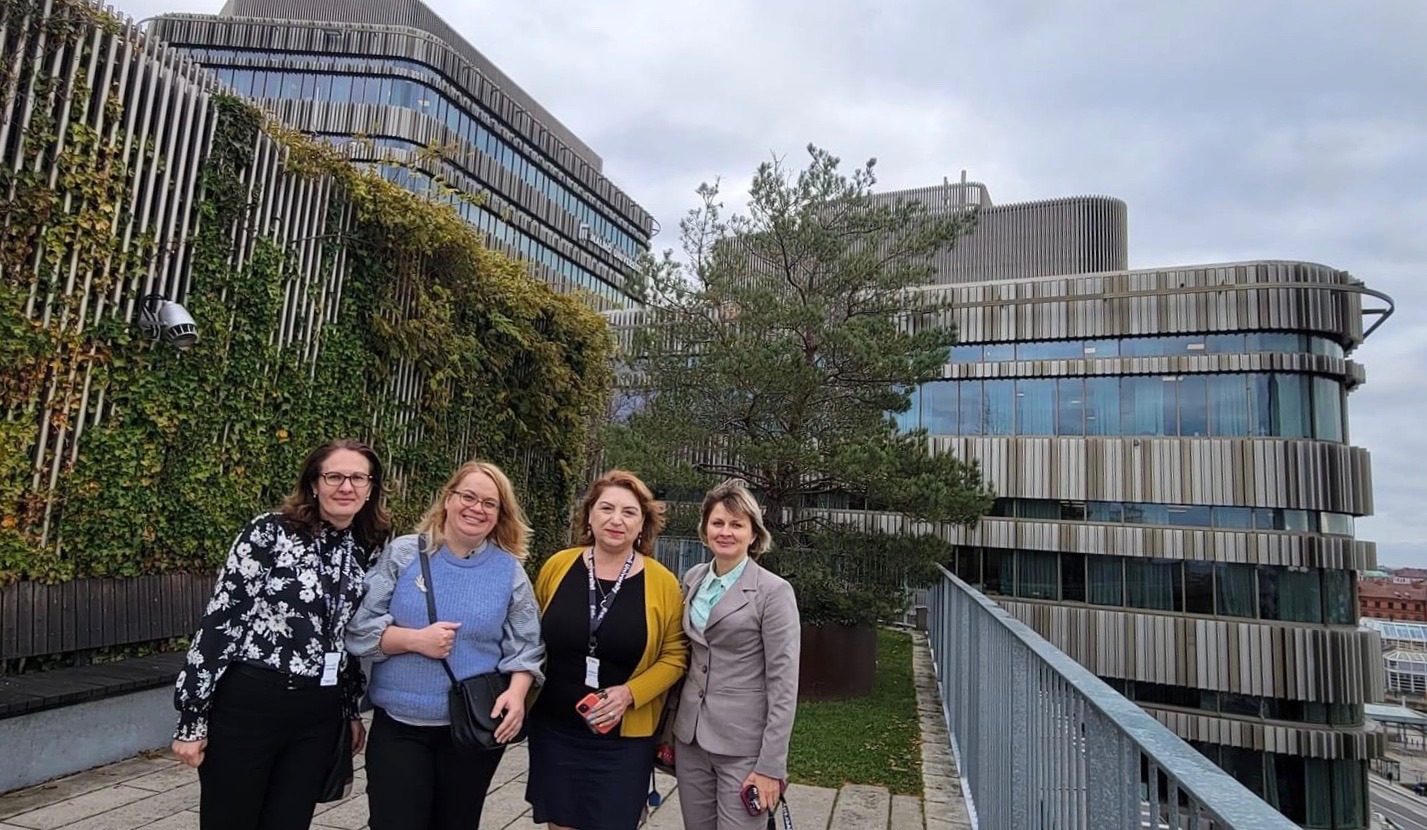
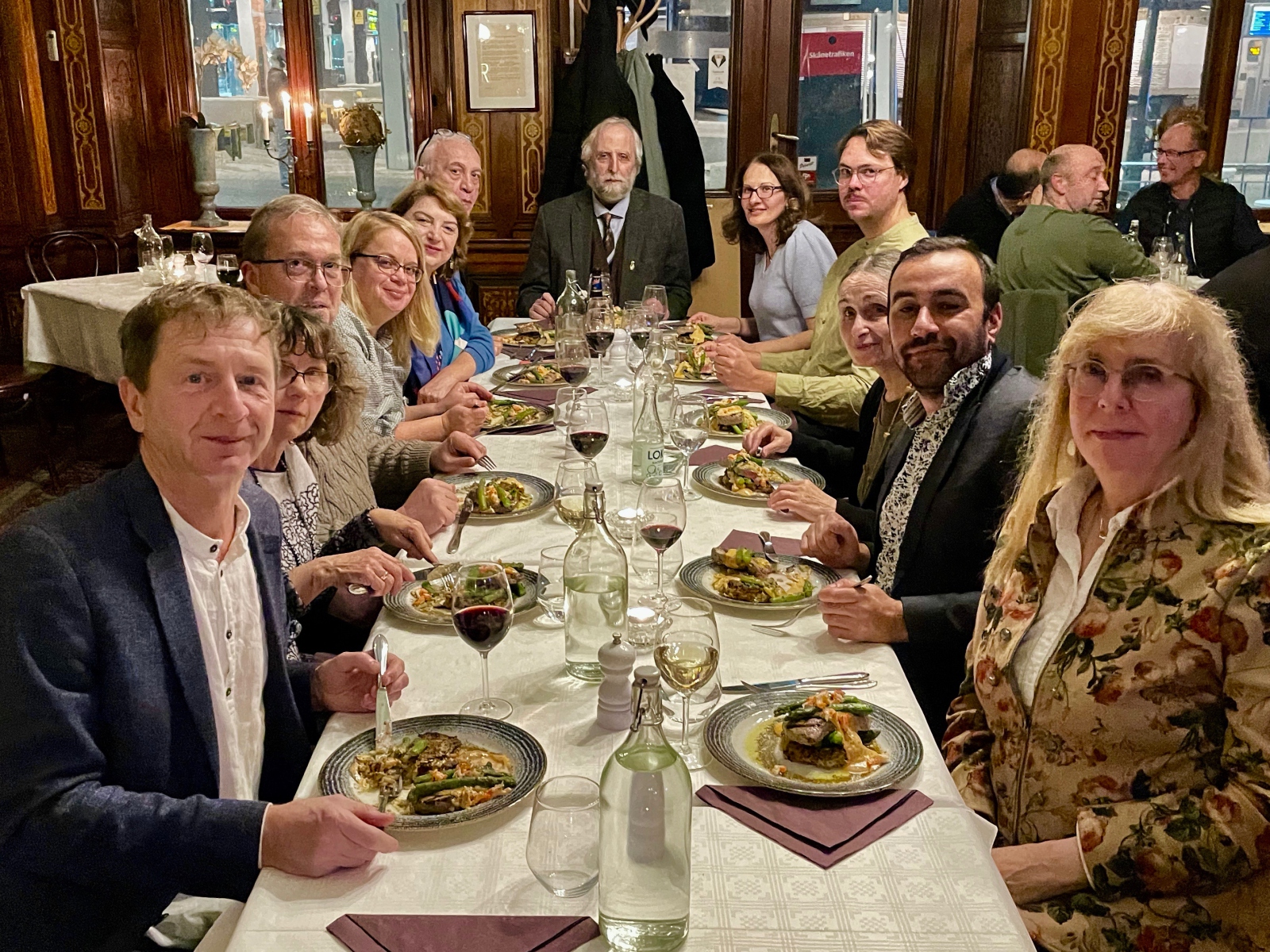
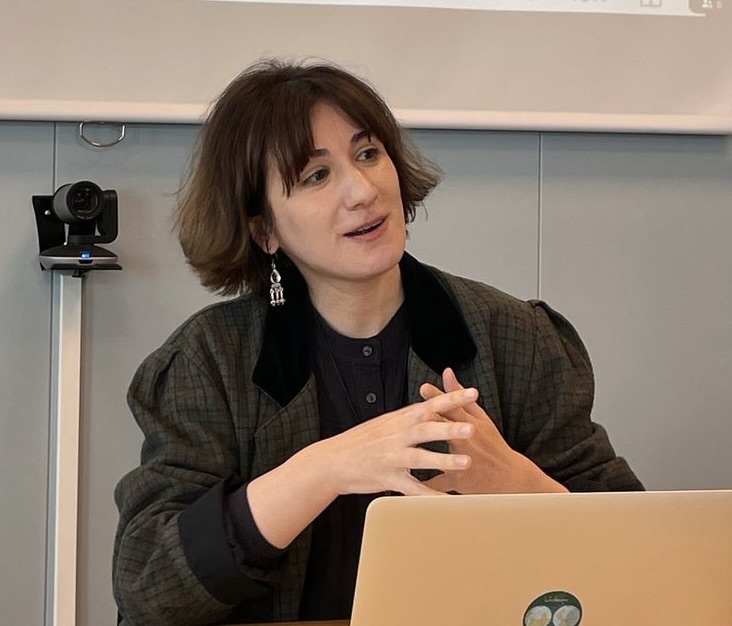 The post-Soviet wars and socio-economic crisis of the 1990s in Georgia and the North Caucasus shaped the lives of Pankisi residents, transforming the borderland region into the epicenter of tension. While Pankisi residents have kept a distinct Kist identity in Georgia, they have also maintained their ties with their Northern neighbours, and political developments in Chechnya and Ingushetia have often had a significant impact on their lives. The transition of North-Eastern Georgian borders from open to closed after the collapse of the Soviet Union unfolded in a specific way in Pankisi Gorge. This shift in border regimes coincided with the Russo-Chechen war. These events played a pivotal role in shaping their ethnic and religious identities and became an integral part of the collective memory of Pankisi Kists. It is against the backdrop of the Russo-Chechen wars and Georgia’s western-oriented geopolitical aspirations that I seek to understand the „valley of misconstrued“ by examining the formation of borderland identity at this politically and socially pivotal juncture.
The post-Soviet wars and socio-economic crisis of the 1990s in Georgia and the North Caucasus shaped the lives of Pankisi residents, transforming the borderland region into the epicenter of tension. While Pankisi residents have kept a distinct Kist identity in Georgia, they have also maintained their ties with their Northern neighbours, and political developments in Chechnya and Ingushetia have often had a significant impact on their lives. The transition of North-Eastern Georgian borders from open to closed after the collapse of the Soviet Union unfolded in a specific way in Pankisi Gorge. This shift in border regimes coincided with the Russo-Chechen war. These events played a pivotal role in shaping their ethnic and religious identities and became an integral part of the collective memory of Pankisi Kists. It is against the backdrop of the Russo-Chechen wars and Georgia’s western-oriented geopolitical aspirations that I seek to understand the „valley of misconstrued“ by examining the formation of borderland identity at this politically and socially pivotal juncture. Prof. Gerard Jirair Libaridian, professor (emeritus) of history at the University of Michigan, former advisor to the first President of the Republic of Armenia on foreign and security policies. (photo)
Prof. Gerard Jirair Libaridian, professor (emeritus) of history at the University of Michigan, former advisor to the first President of the Republic of Armenia on foreign and security policies. (photo) Magnusson, Märta-Lisa and Karina Vamling. (2023). Ryssland mot Turkiet i Nagorno-Karabach. Forskning & Framsteg.
Magnusson, Märta-Lisa and Karina Vamling. (2023). Ryssland mot Turkiet i Nagorno-Karabach. Forskning & Framsteg.  Makili-Aliyev, Kamal (2020).
Makili-Aliyev, Kamal (2020). 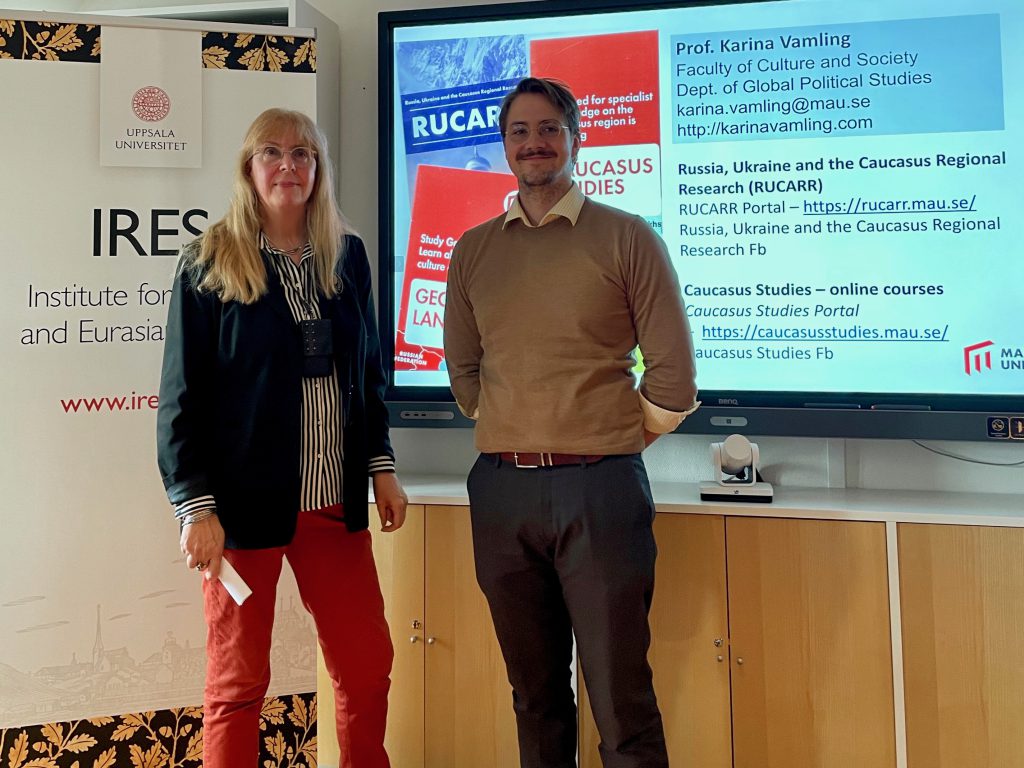 Prof. Karina Vamling presented RUCARR and Caucasus Studies to alumni and MA students at IRES Institute for Russian and Eurasian Studies at Uppsala University – by invitation from TSARES, The student association of Russian and Eurasian studies (here together with Fabian, vice chair of the association). Great initiative!
Prof. Karina Vamling presented RUCARR and Caucasus Studies to alumni and MA students at IRES Institute for Russian and Eurasian Studies at Uppsala University – by invitation from TSARES, The student association of Russian and Eurasian studies (here together with Fabian, vice chair of the association). Great initiative!